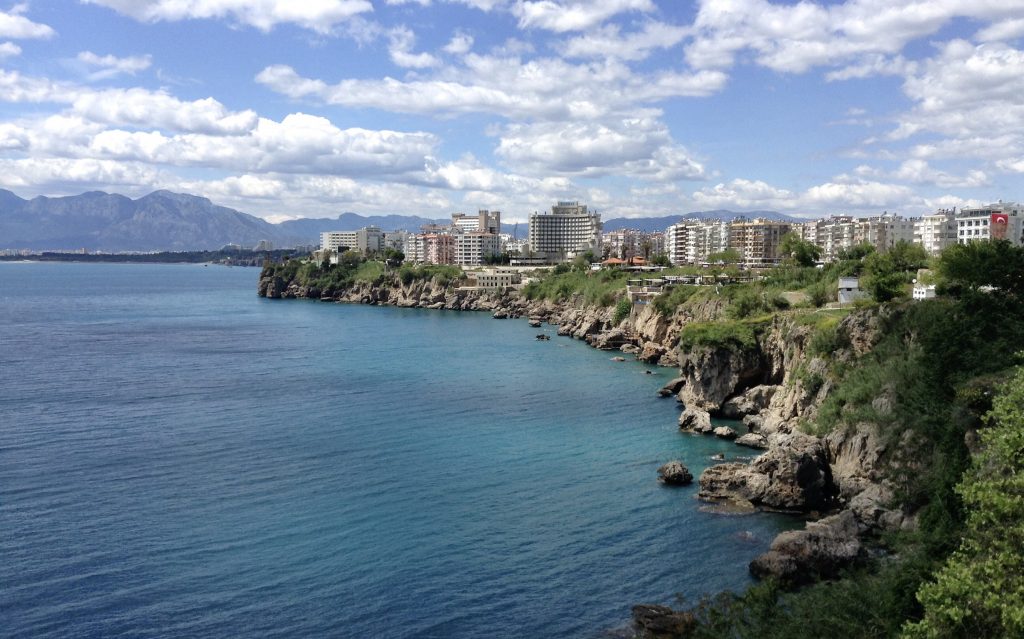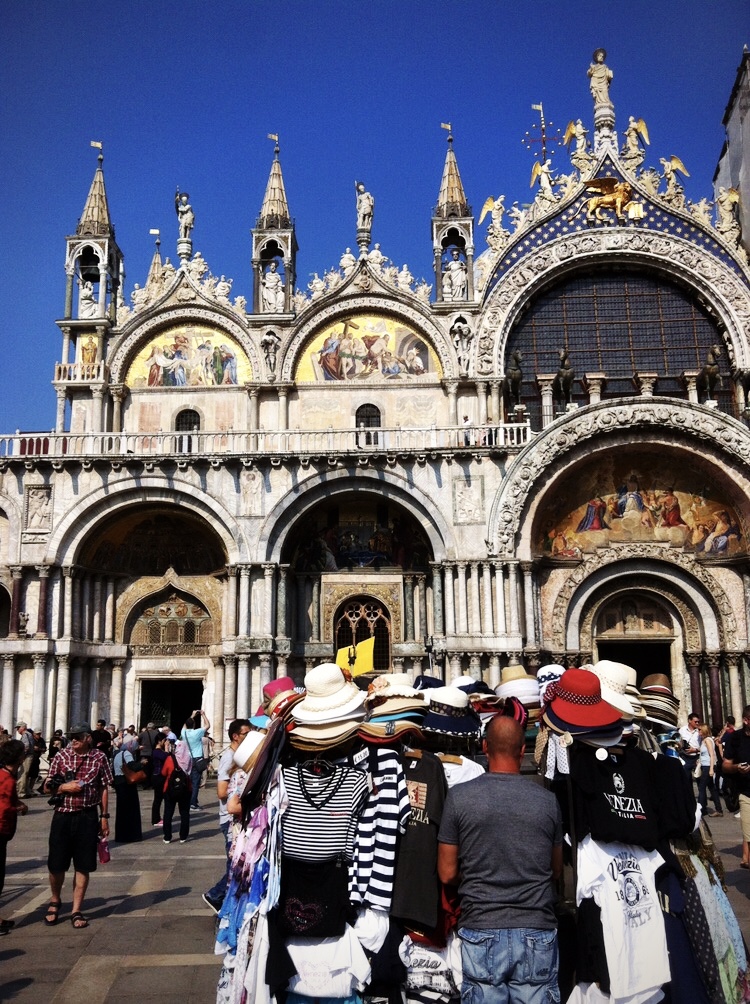
upon our return from the mediterranean cruise, we spent a day in venice!
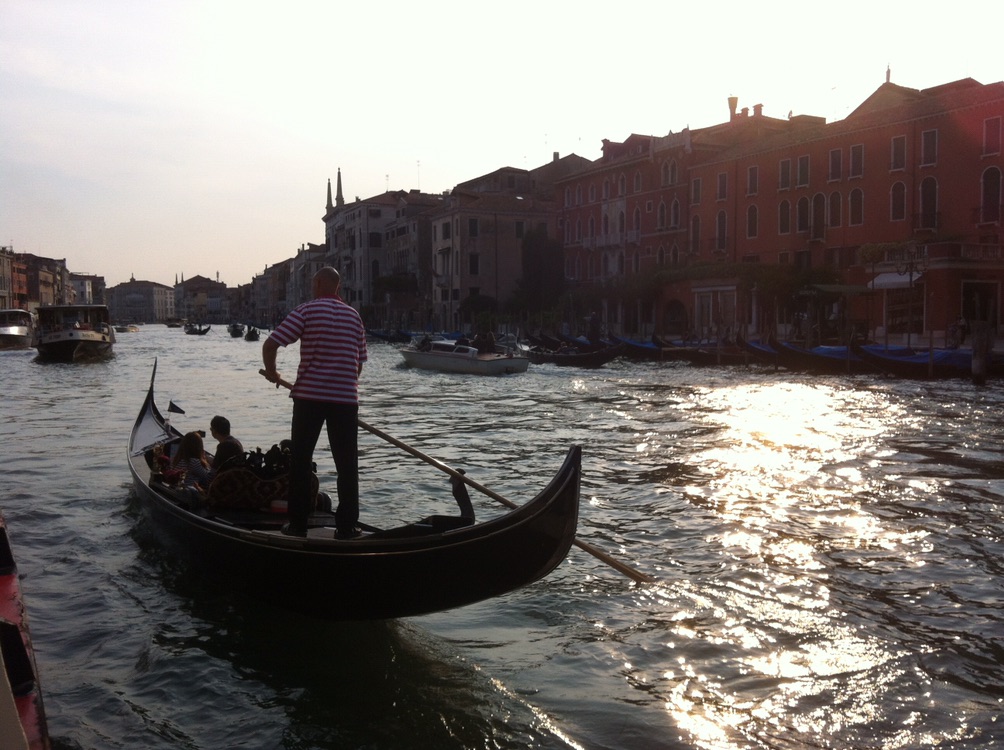
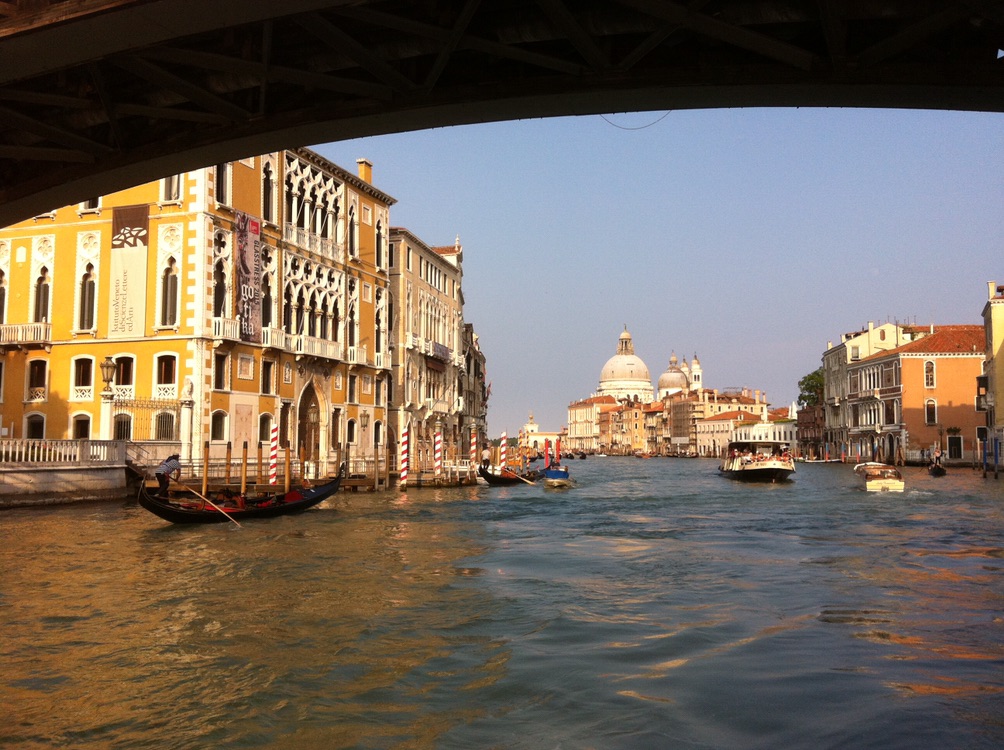
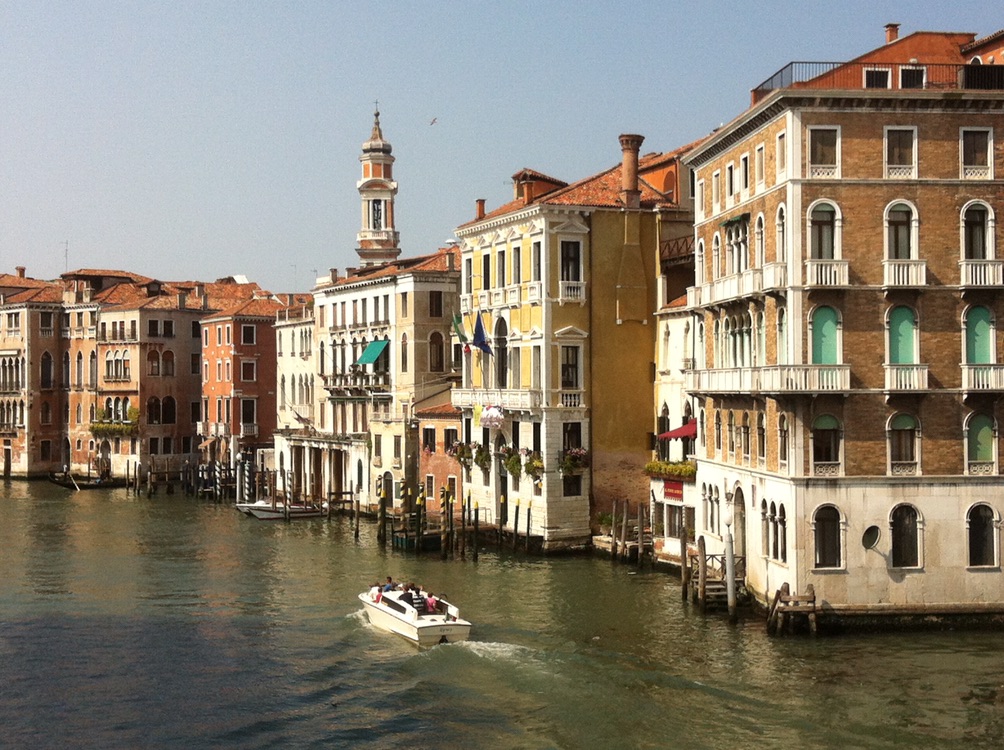

every country or bust!

upon our return from the mediterranean cruise, we spent a day in venice!





after graduation my dad decided to take the family on a seven day mediterranean cruise! it was absolutely amazing! seriously, such luxury. the morning after graduation we flew to milan, italy via belgrade, serbia, where i was able to convince the family to go through customs for an extra passport stamp. we drove from milan to venice and arrived with just barely enough time to get on the boat. the first stop was dubrovnik, croatia, where we sauntered around the red-roofed, walled town. then athens, greece, where we took the metro to go climb the acropolis and see the parthenon with thousands of others. next was kusadasi, turkey, where we visited the new testament-era ruins of ephesus. the city is remarkably well preserved and highlights include a huge amphitheater, a library, and mosaics on ancient apartment buildings. the last stop was split, croatia, which featured a nice climbable clocktower and cheap ice cream, not that we needed more food at that point after being on this cruise, which provided all the gourmet food we could eat. and the hot tubs on the cruise ships were great too. thank you again dad!
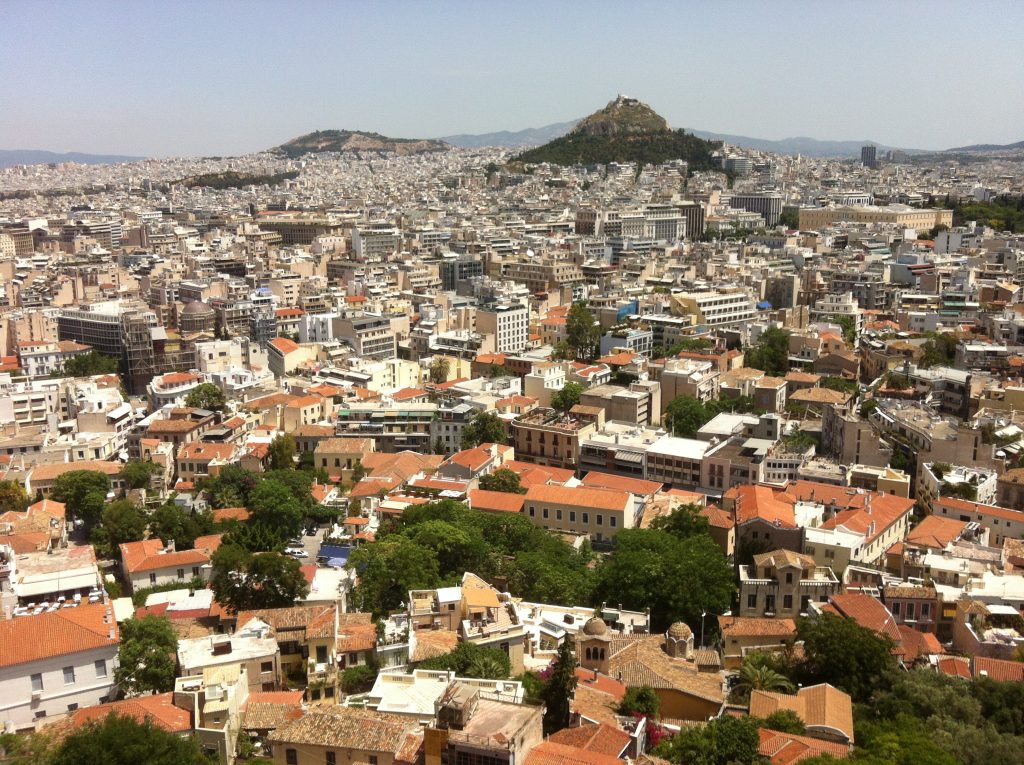
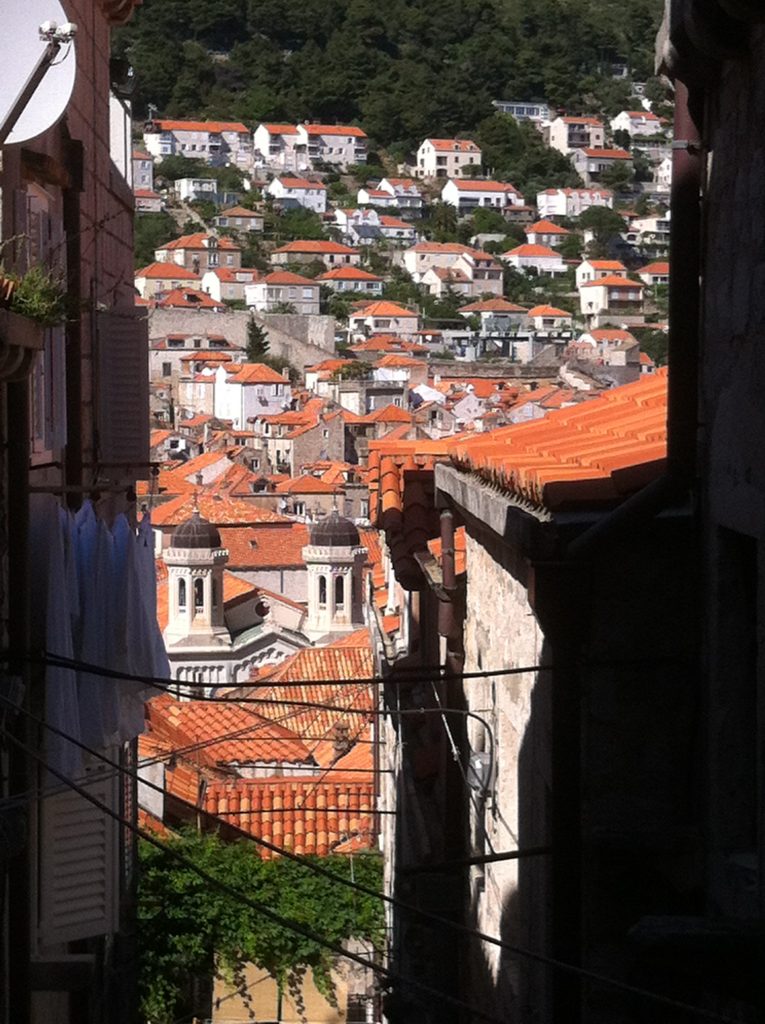

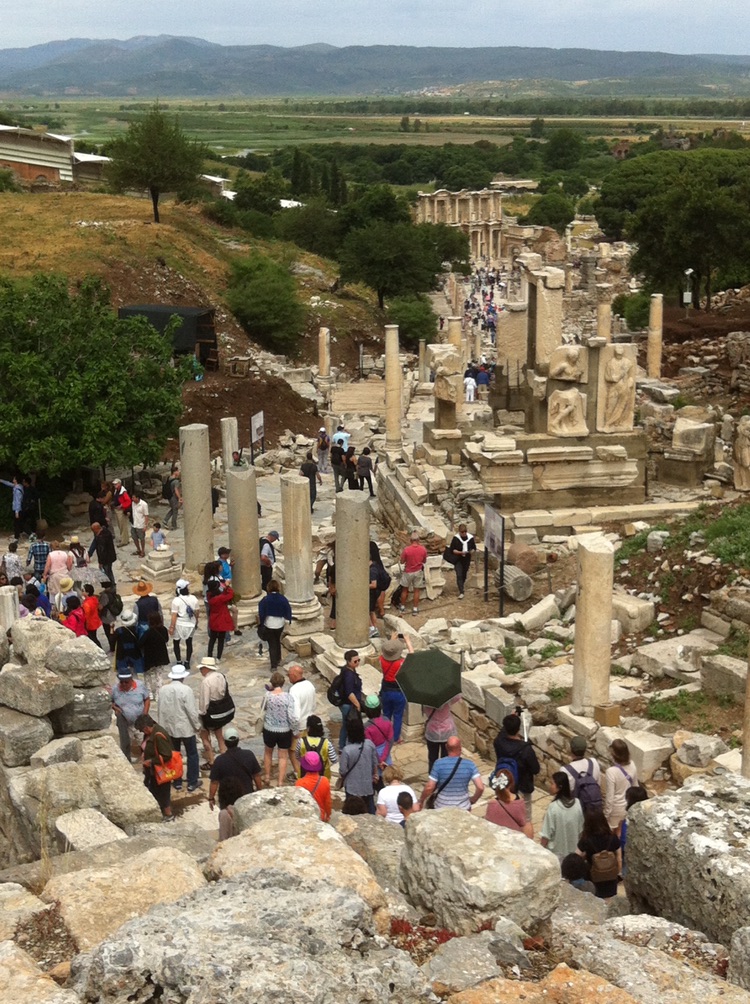
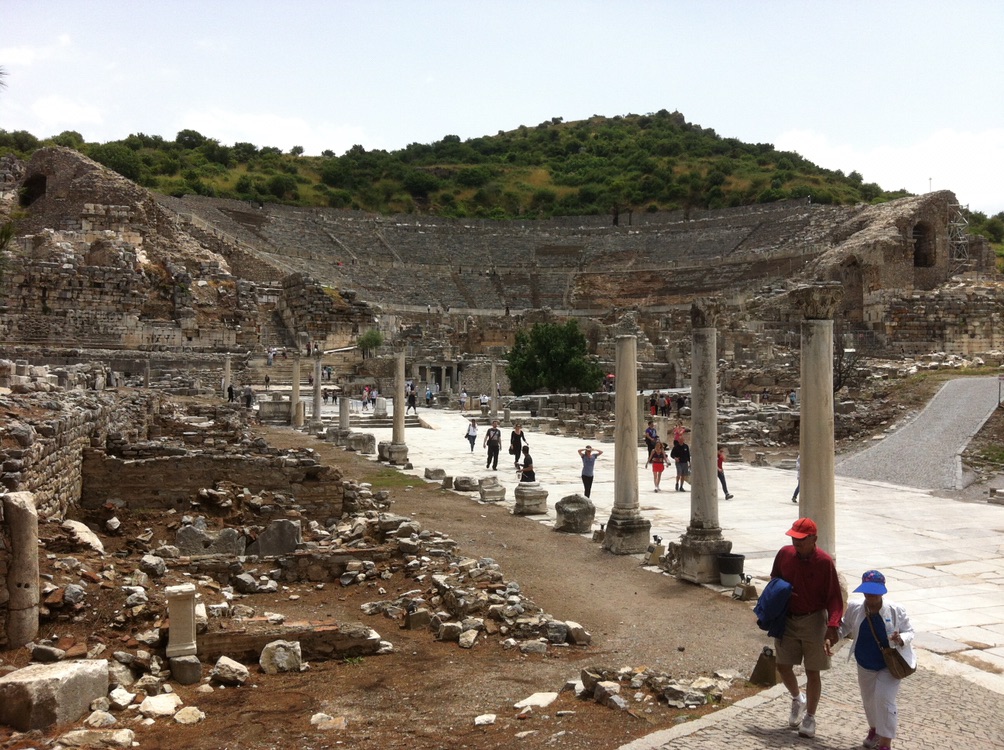
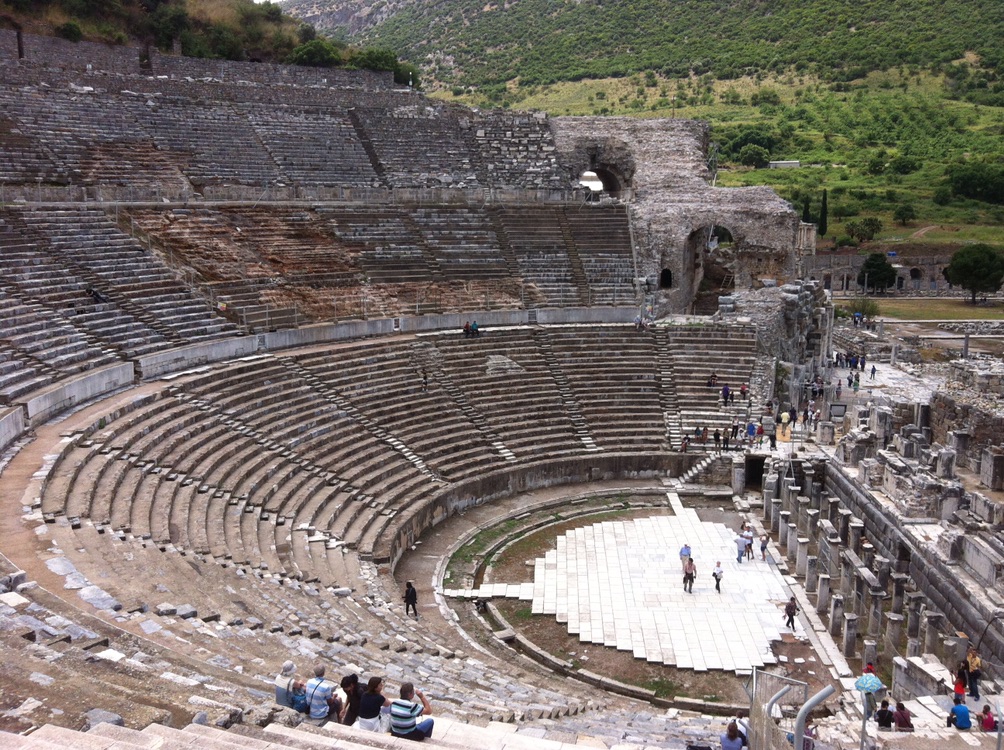
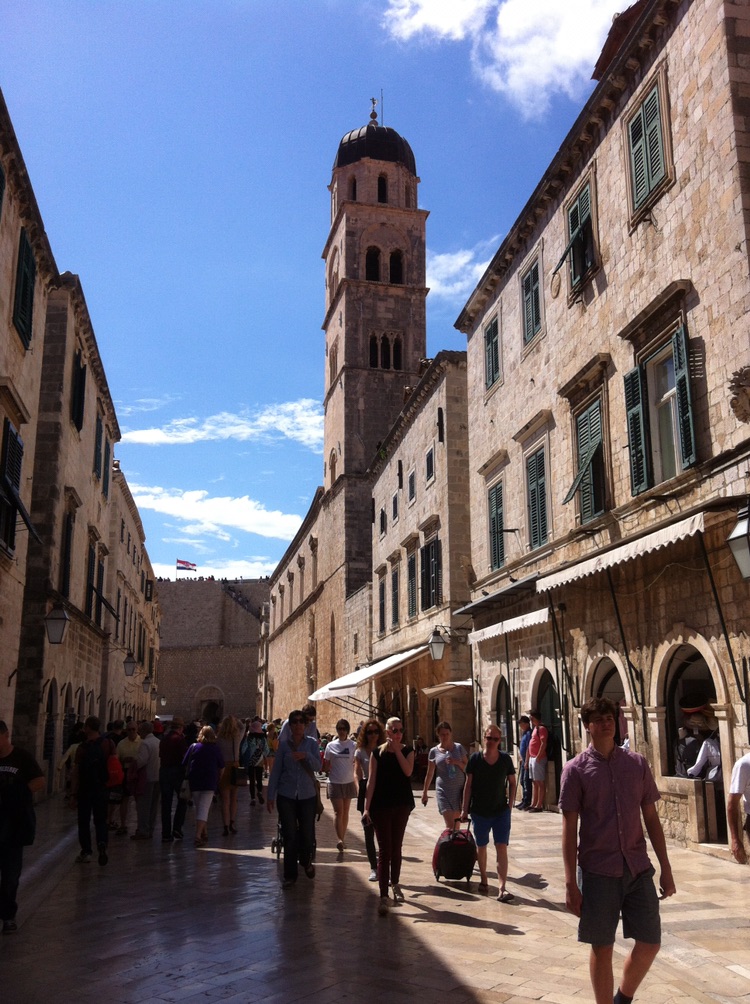

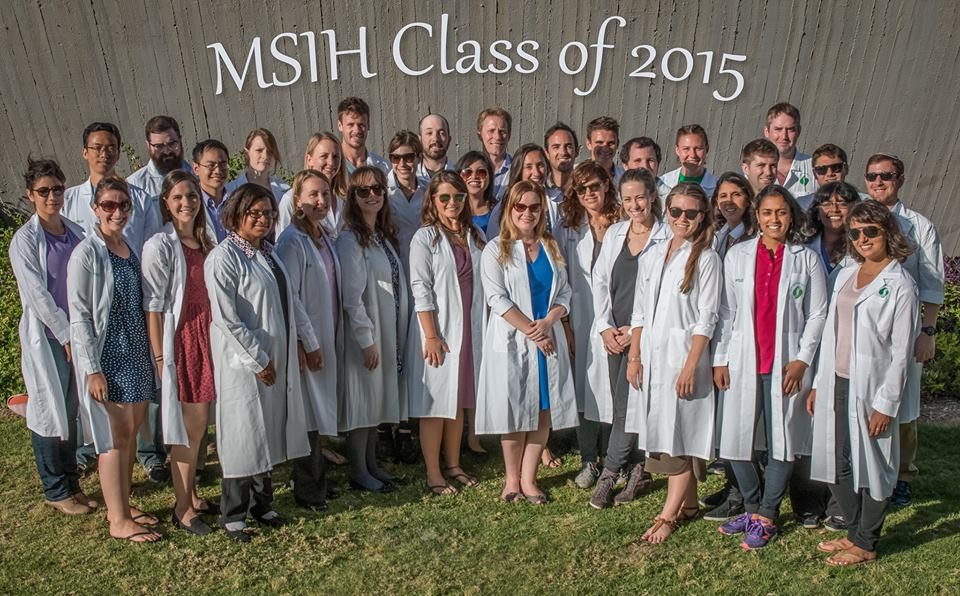
finally, it was time for graduation from medical school! our speaker was dr. ofri, a prominent writer and physician at new york university school of medicine. my friend ross gave a great speech, and then it was over. mazal tov/mabruk/congrats to my classmates; i wouldn’t have wanted to get through medical school with any other group of people!
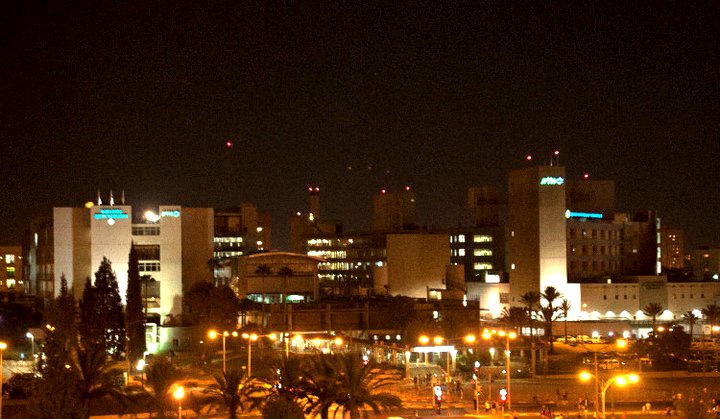

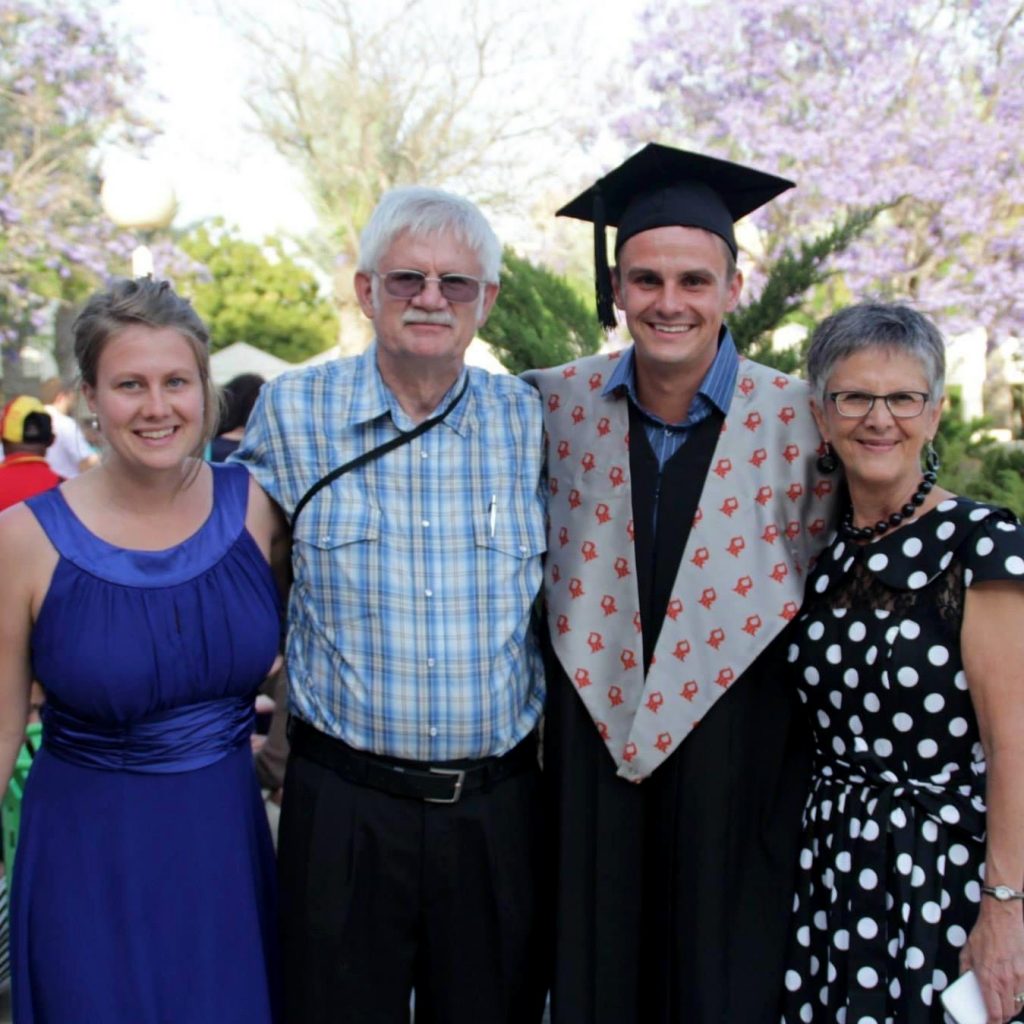
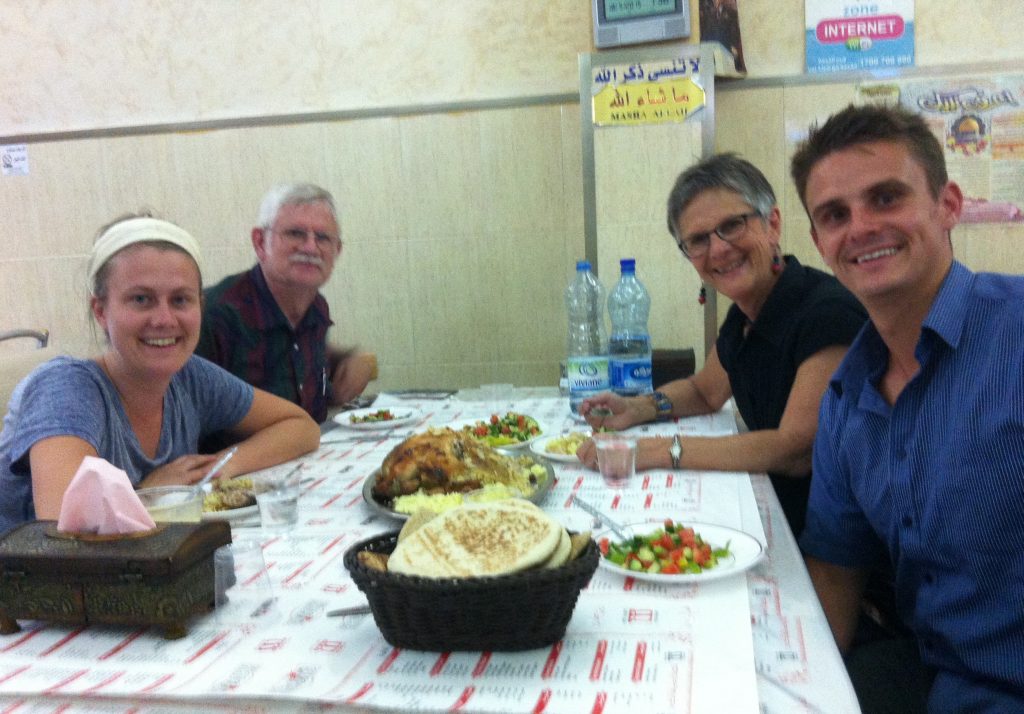
my parents and sister came to visit for my graduation! we had the week prior to graduation off, so we spent the time traveling around israel/palestine which was a lot of fun. we stayed in a little hilltop village called shoresh just west of jerusalem, and traveled around via rental car which was amazing as i got to drive!
the western wall for shabbat sunset. cheap ethiopian food in downtown tel aviv. qumran caves on the shores of the dead sea where they found the qumran scrolls, the oldest copies of the old testament. floating on the dead sea. masada mountain, symbol of jewish independence. church of the holy sepulchre that marks the place Jesus was crucified. hiking through hezekiah’s tunnel – a 1.7km pitch dark water conduit that supplied the ancient city of david. shisha in jerusalem. nazareth. cana where Jesus performed his first miracle. tzfat, a hilltop ancient center of jewish mysticism/kabala and currently a magnet town for artists. random stop at mount meron to visit the much revered tomb of jewish mystic rabbi shimon bar yochai. mount of beatitudes and caperneum on the shores of the sea of galilee. tomb of the patriarchs (abraham and isaac) in hebron, palestine, and wandering the segregated “apartheid” and other streets of hebron’s old city and eating cheap chicken which was the family’s favorite day. church of the nativity in bethlehem. showing the family my clinical sites in bnei brak, kfar kama, afula, ashkelon and of course beer sheva. but its not about the places, it was about being with family which was so nice! thank you for coming:)

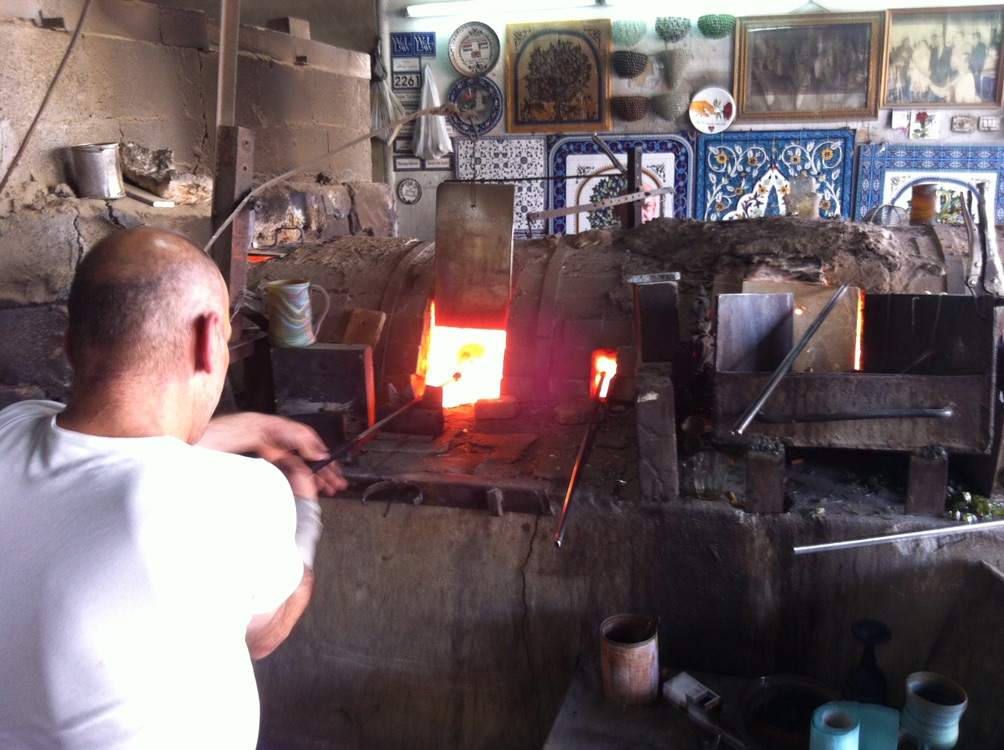
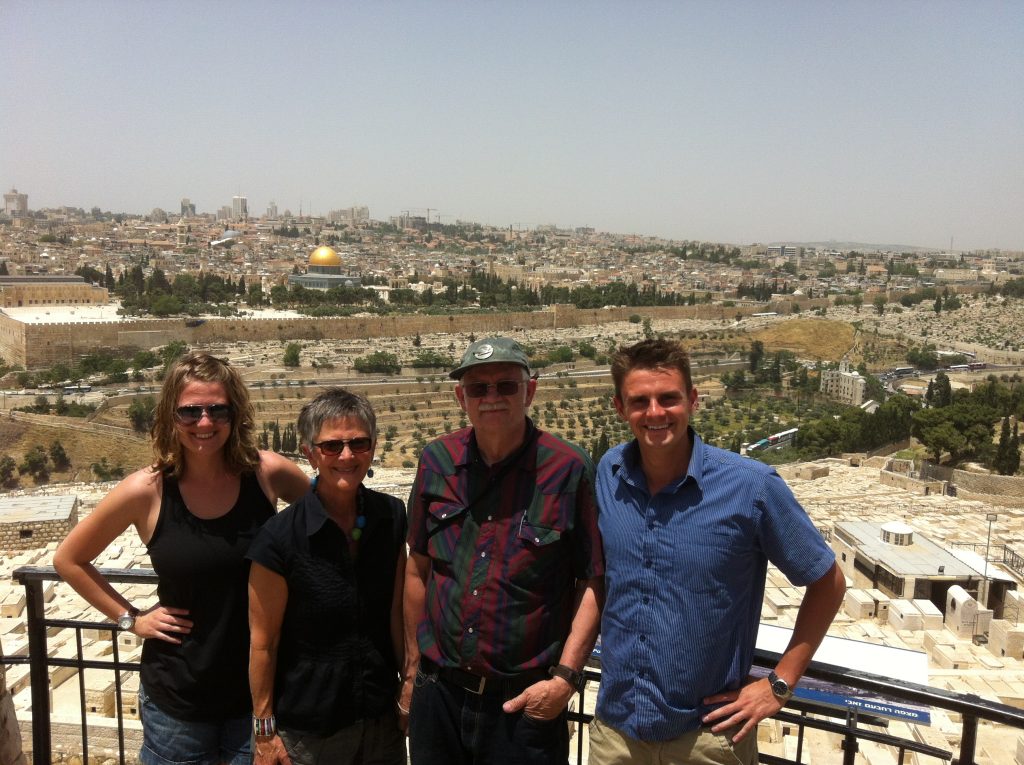
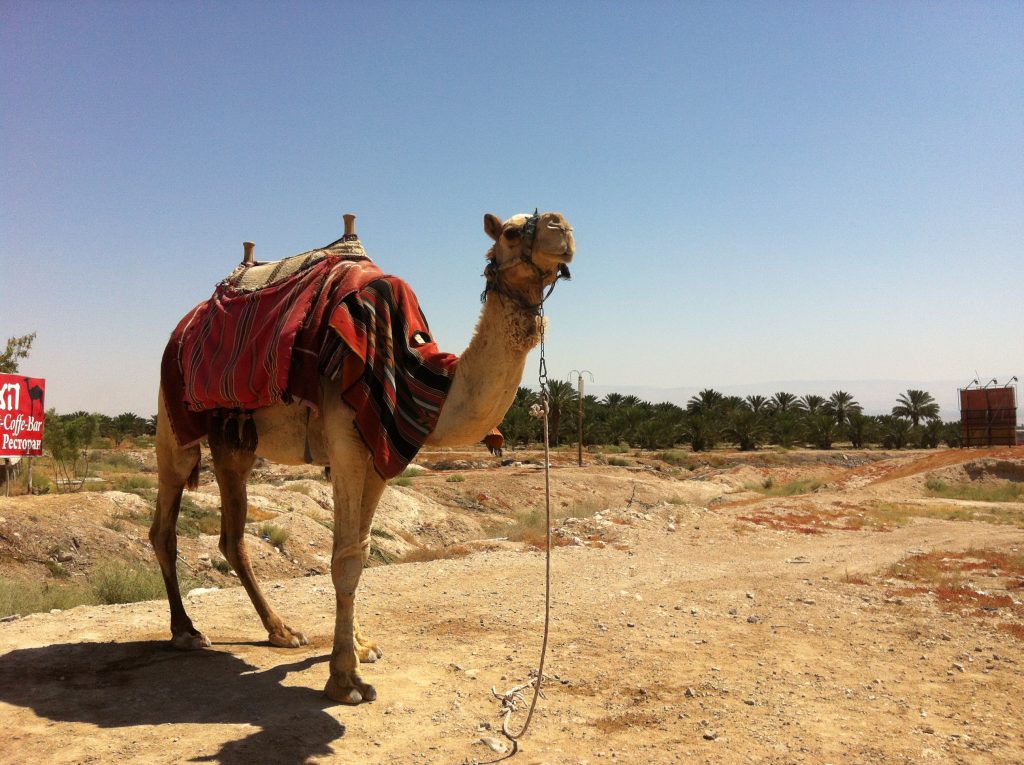
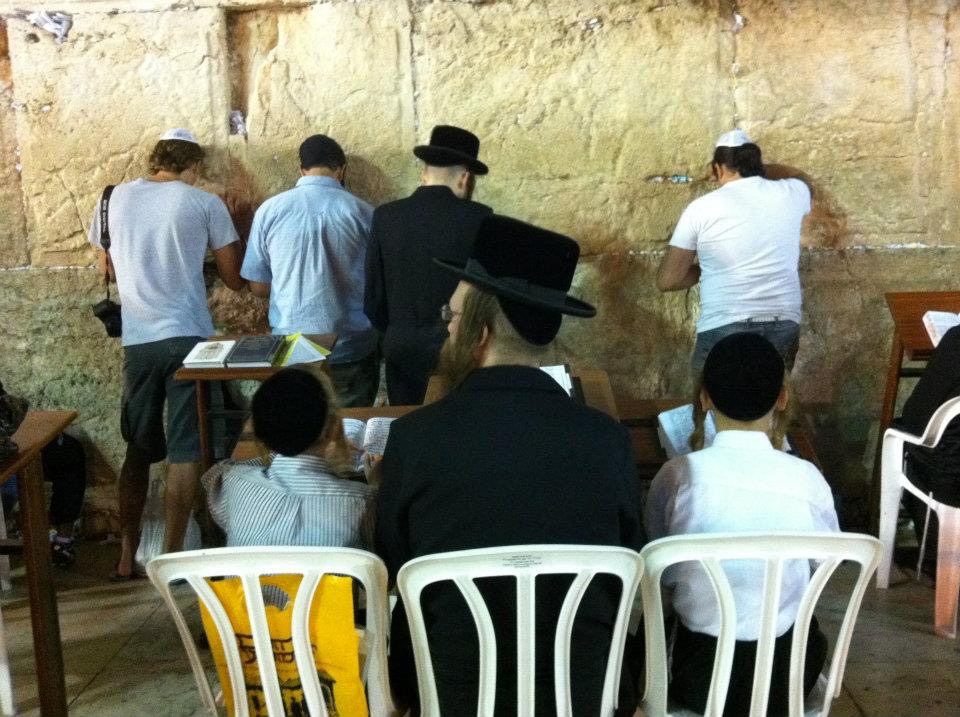
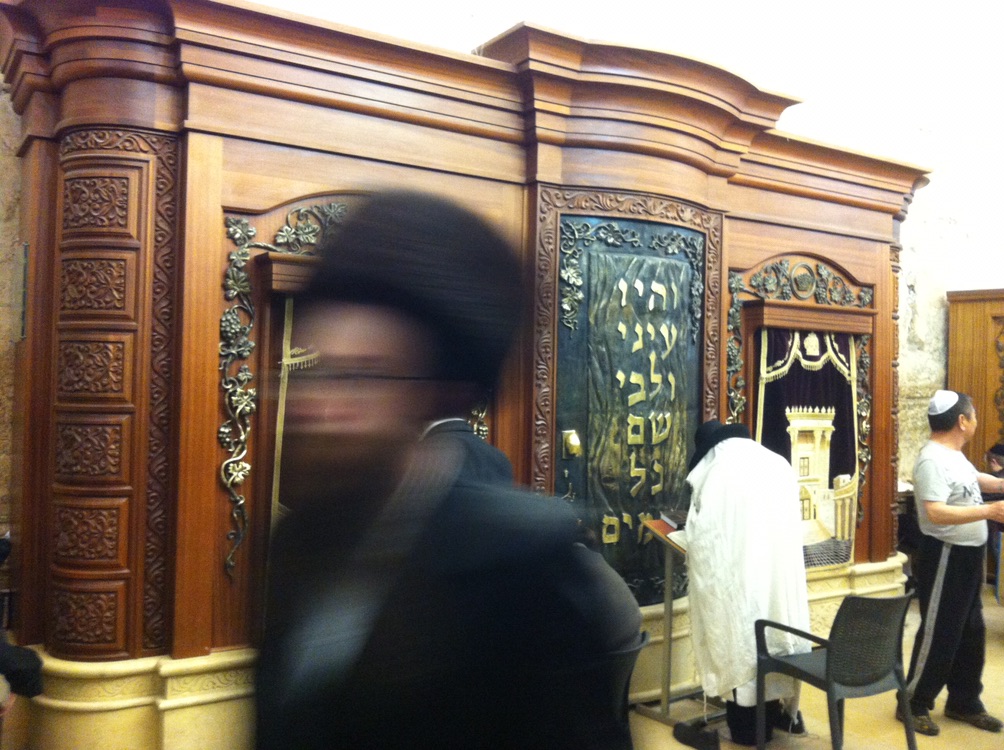
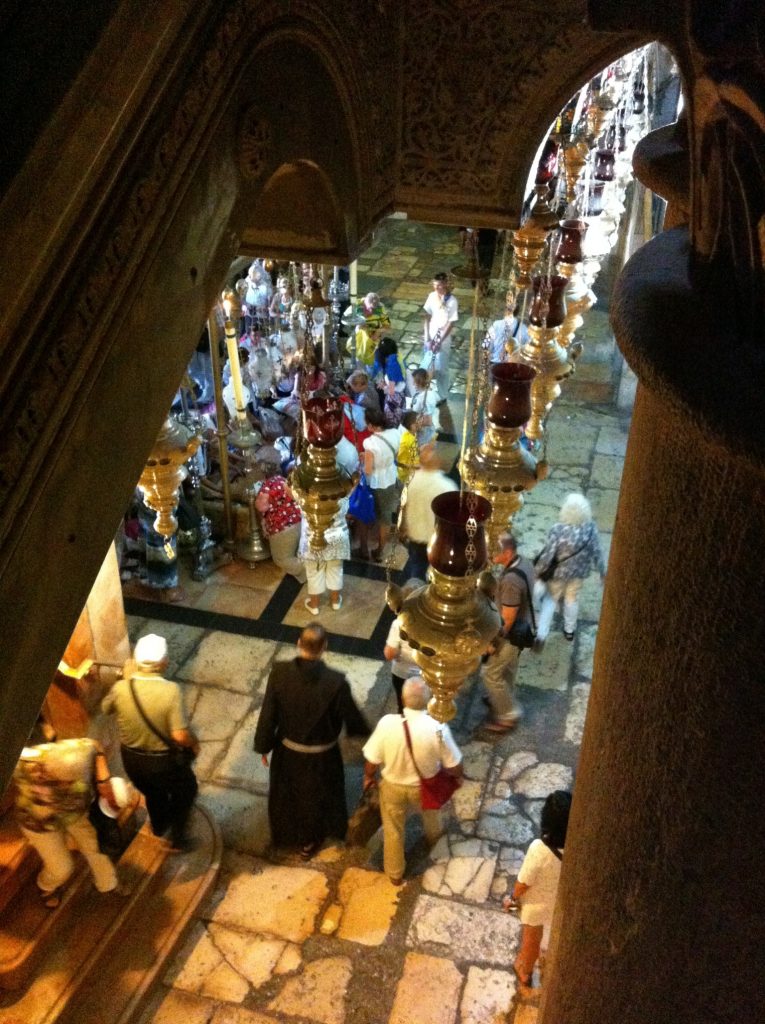


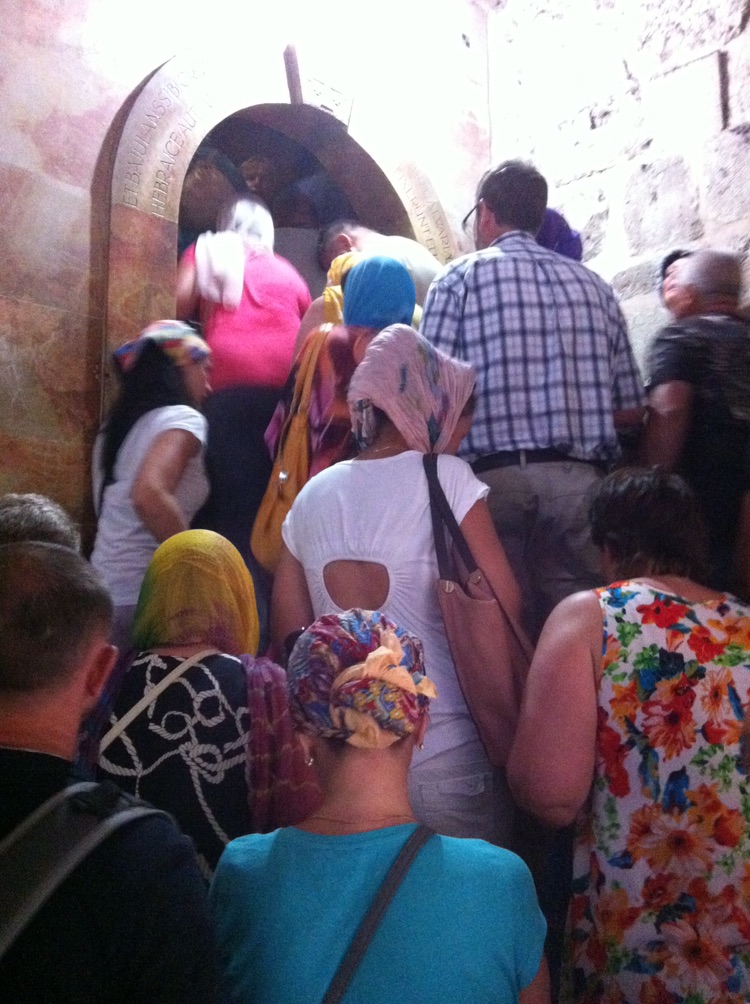
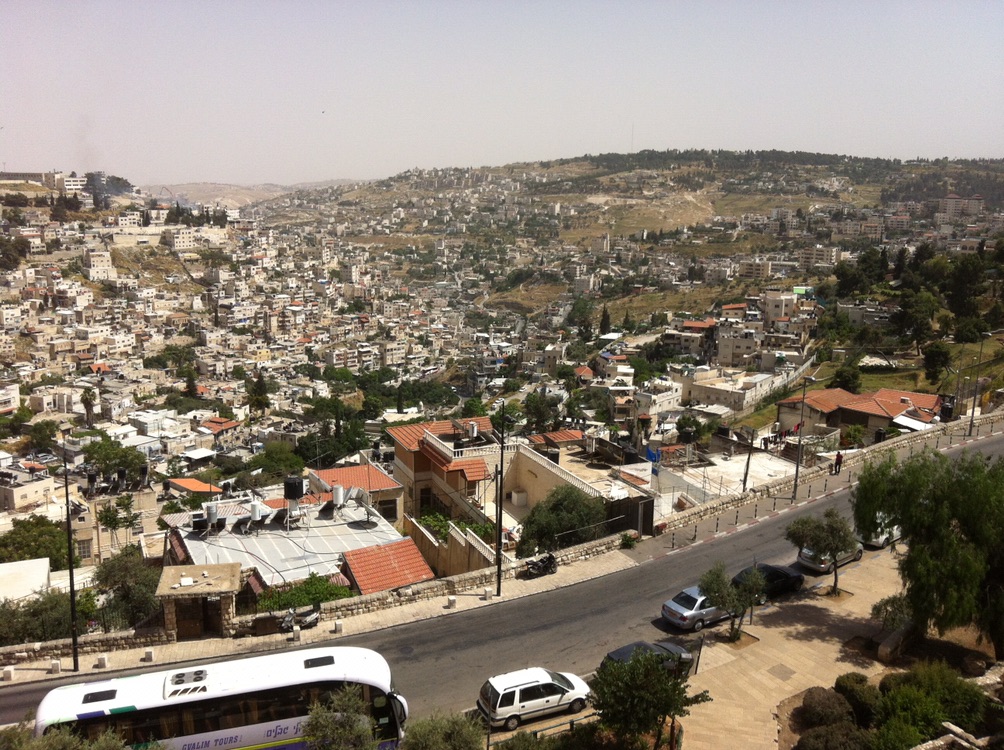
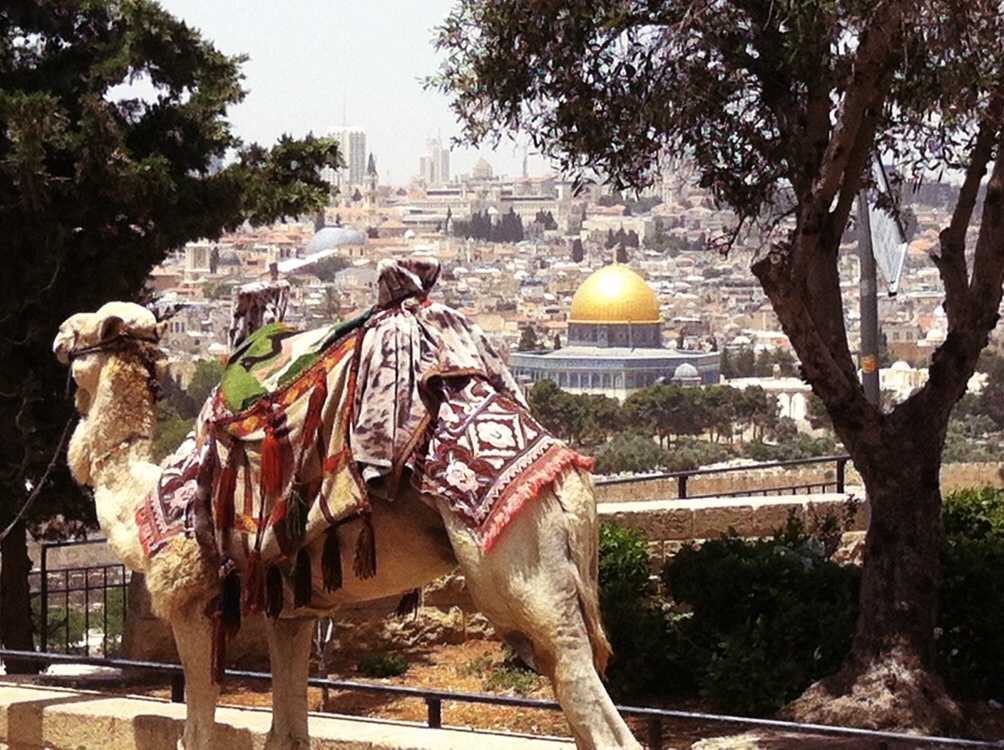

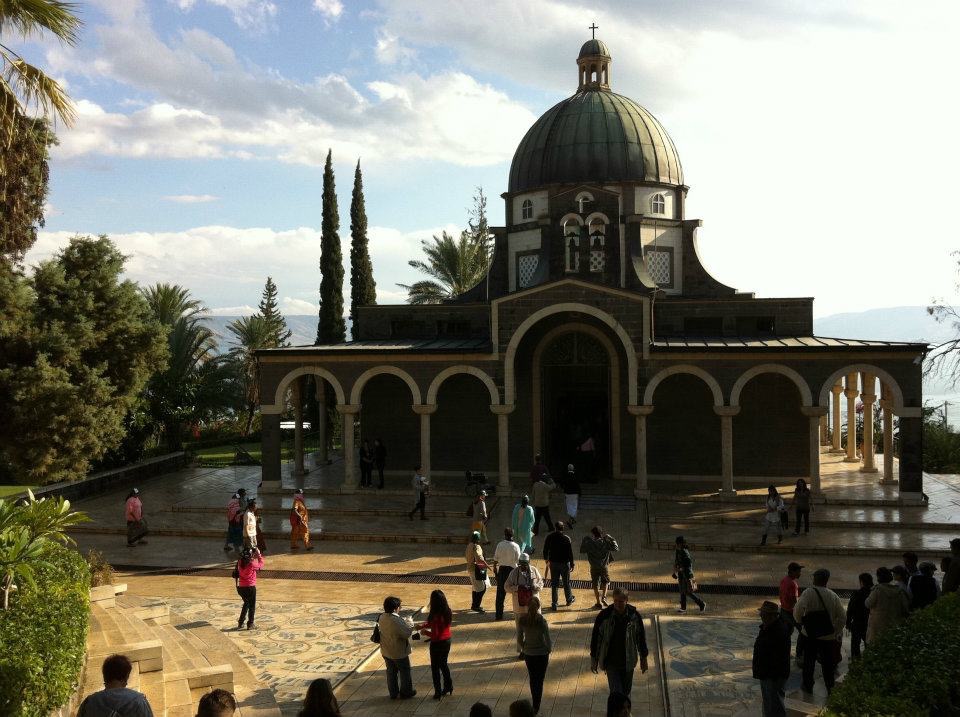


there are two major definitions of israel. one is “israel proper” – which the majority of the international community views as fully legitimate and belonged to israel prior to 1967. in this israel, all citizens have equal rights under the law (at least in theory). then there is “greater israel.” this israel includes the palestinian territories which are occupied by the israeli military (the west bank), which is sprinkled with israeli settlements. in the west bank portion of greater israel, israeli citizens have all the rights they would in israel proper and often more, while millions of palestinian noncitizens have essentially no rights under the law despite the fact that they and their families have lived there for centuries. they are for the most part restricted from israeli controlled areas and roads even within the west bank itself, and their movement is often restricted by the israeli military even within palestinian controlled areas. thus, while israel proper is relatively generous with its rights for the part of the world in which it is located, the situation in greater israel is tantamount to apartheid.
there is a separation barrier (a large cement wall) that has been constructed over the last decade or so to separate israelis from palestinians. the problem is, the wall does not follow the border of israel proper. instead, it reaches deep into the palestinian territory to encompass various israeli settlements. a wall along a border is fine, but a wall that expropriates vast areas of land and intentionally and illegally isolates communities is not. the route of this wall is regularly being altered to include more land on the israeli side. palestinians who find themselves in the “seam” between israel proper and the wall are especially marginalized. despite the fact that there have been exceedingly few terrorist attacks originating in the west bank since the end of the second intifada, the new wall continues to be built under the israeli pretext of “security.”
the palestinian authority only has civil and security control of about 20% of the land in the west bank. the rest of the land is under the control of the israeli military. even in palestinian controlled areas, the israeli military regularly makes violent incursions in violation of the terms of the oslo accords, even when there is no security indication for doing so. children are regularly imprisoned for minor offenses or even for no known reason. under marshal law, israel does not need to file a charge to incarcerate palestinians for any period of time. it is always open season. regular extrajudicial killings of palestinian civilians by the israeli military almost never go punished or even appropriately investigated.
there are a few differences between this and other inequalities around the world. 1. – palestinians are the largest group of people in the world who are not citizens of any country. israel has complete control over who comes and goes from palestine, and many who have never done anything wrong are never allowed to leave, ever in their lives. other country’s populations certainly live in hardship and without a voice, but at least they are citizens of a recognized jurisdiction. most people in these other countries are at least in theory allowed to get passports and travel without requiring permission from some foreign government which almost almost by definition hates who they are. 2. – the israeli occupation of palestine is supported financially and protected in the international arena by the united states. no nation in the world receives more aid from the u.s. government than israel. i could drabble for days about how problematic this is, but suffice it to say that it is american’s business what israel is doing, like literally because we’re officially paying for it. sadly this is arguably mostly a function of a christian zionist strain of evangelicalism.
these are just very few of the myriad issues of inequality in the west bank, but i don’t believe most westerners or even israelis who are consciously or subconsciously neozionist (proponents of greater israel) understand the reality of these policies on the lives of palestinians. after personally spending quite a bit of time in palestine, it are these issues of restriction of movement and lack of due process under the law that really resonate with me. thus, i’m pro-palestine and anti-greater israel until some big changes happen to the status quo. not because i think one group of people is any better than another, but because apartheid is stupid.
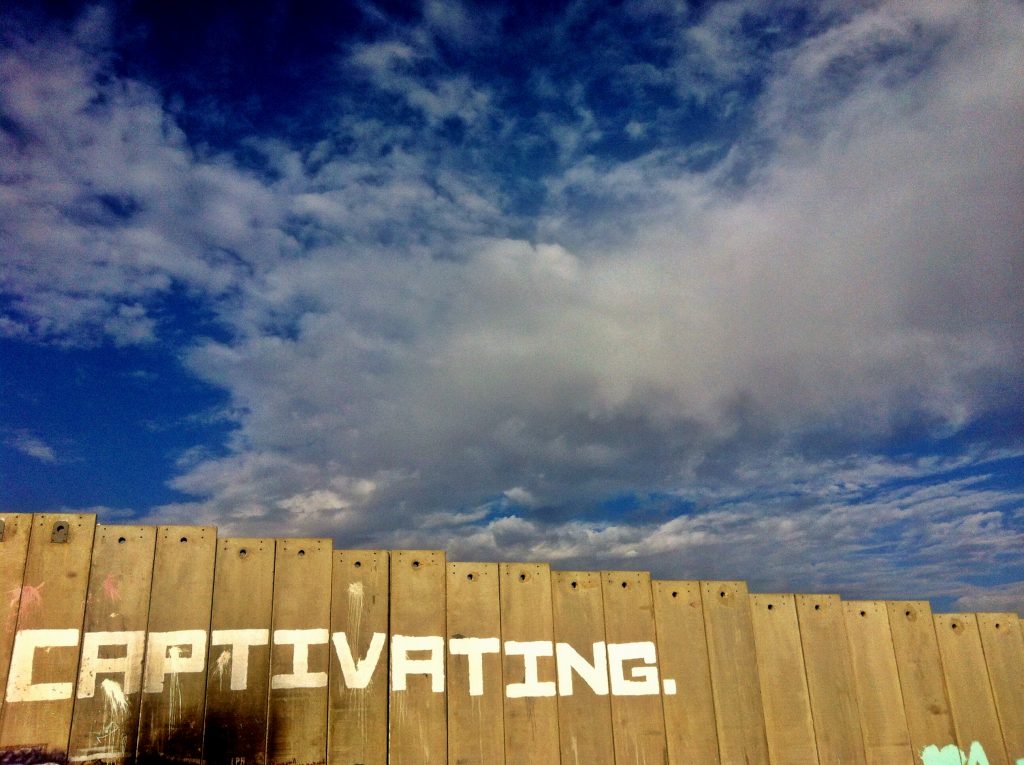

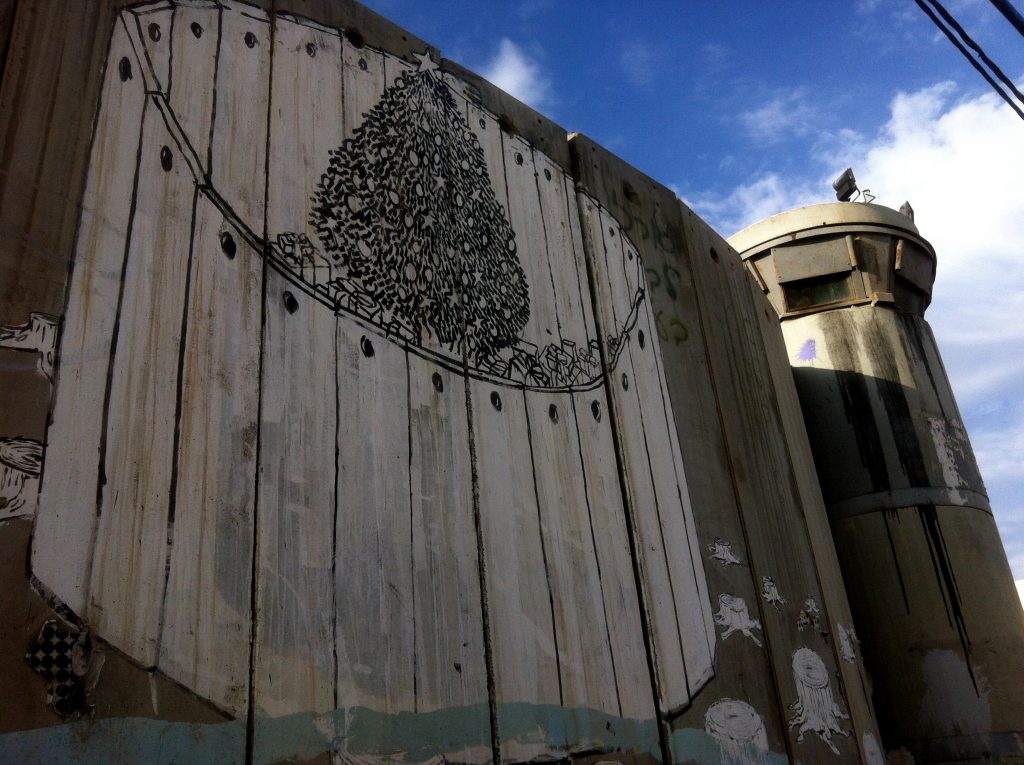
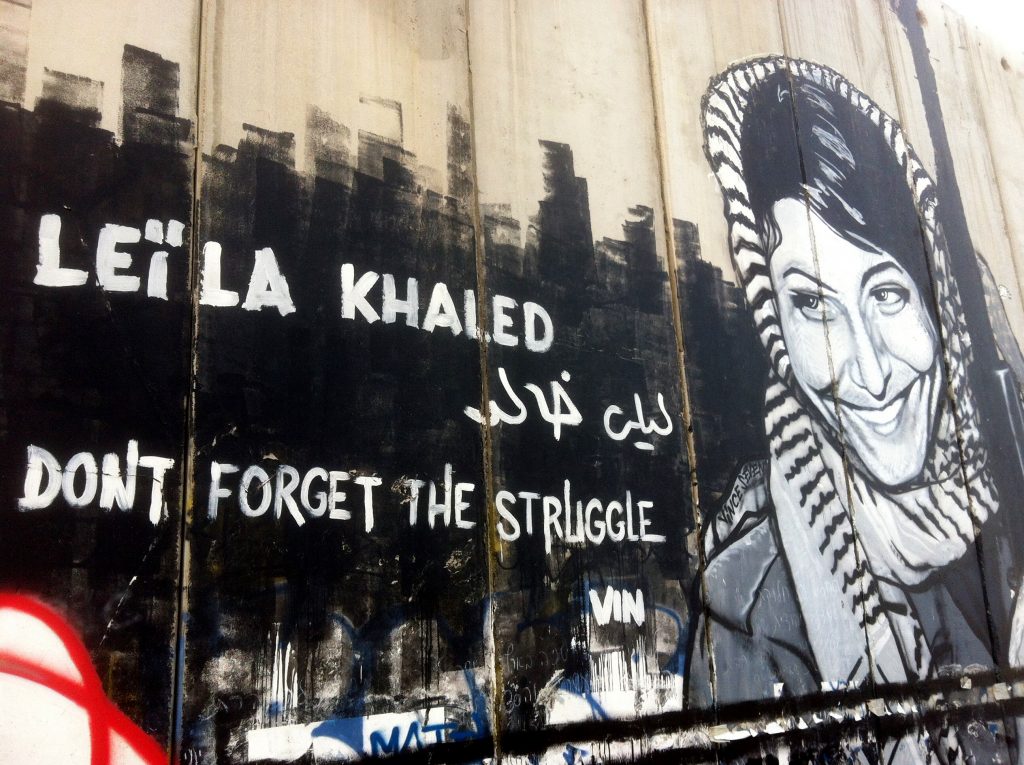
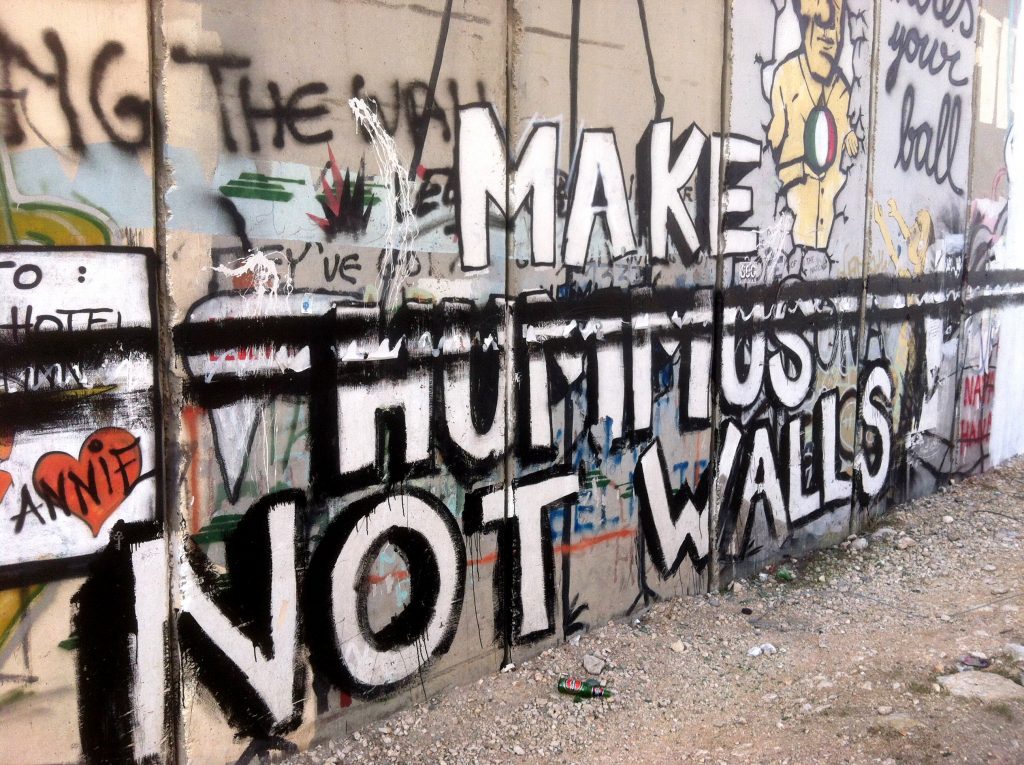


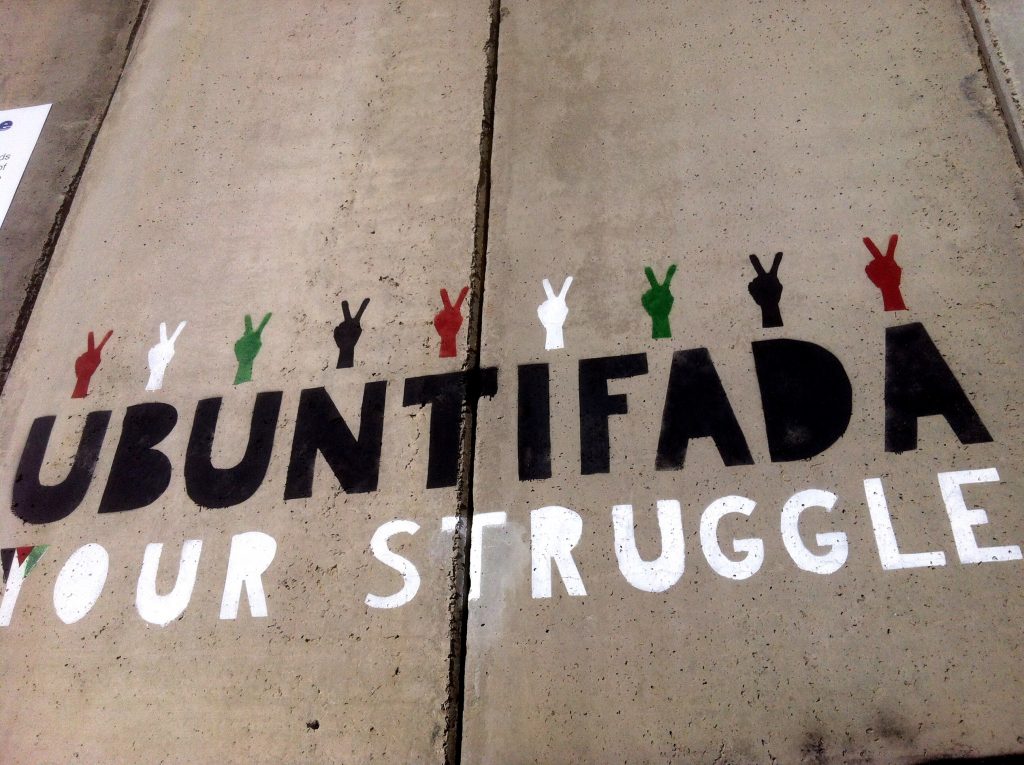
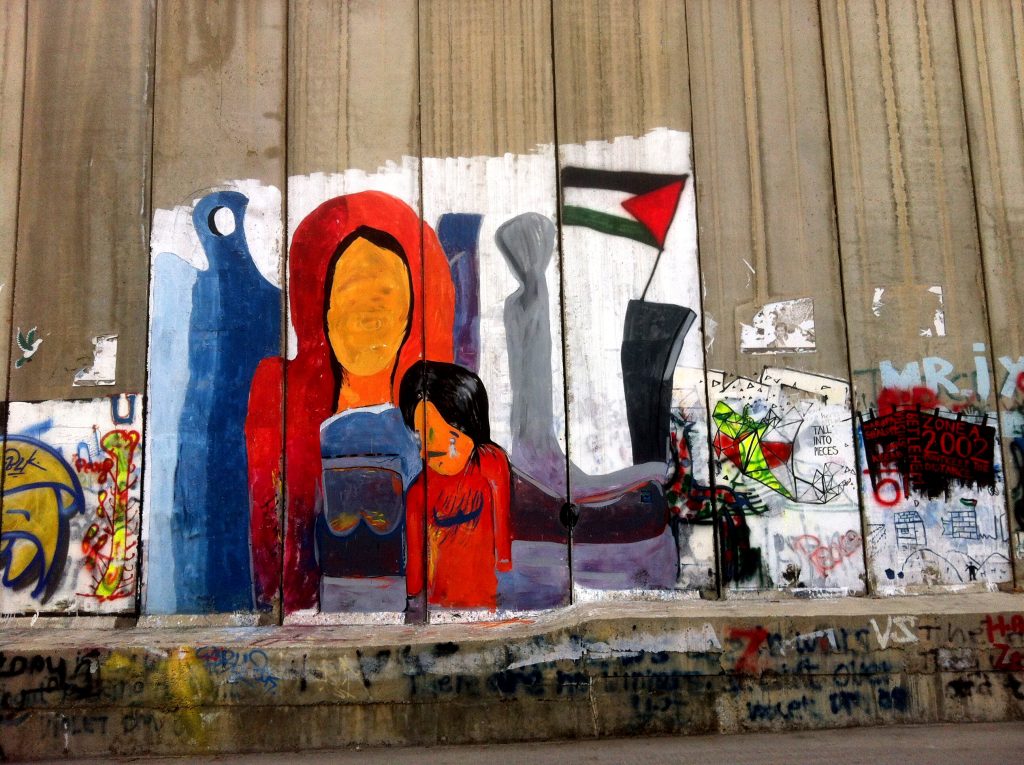

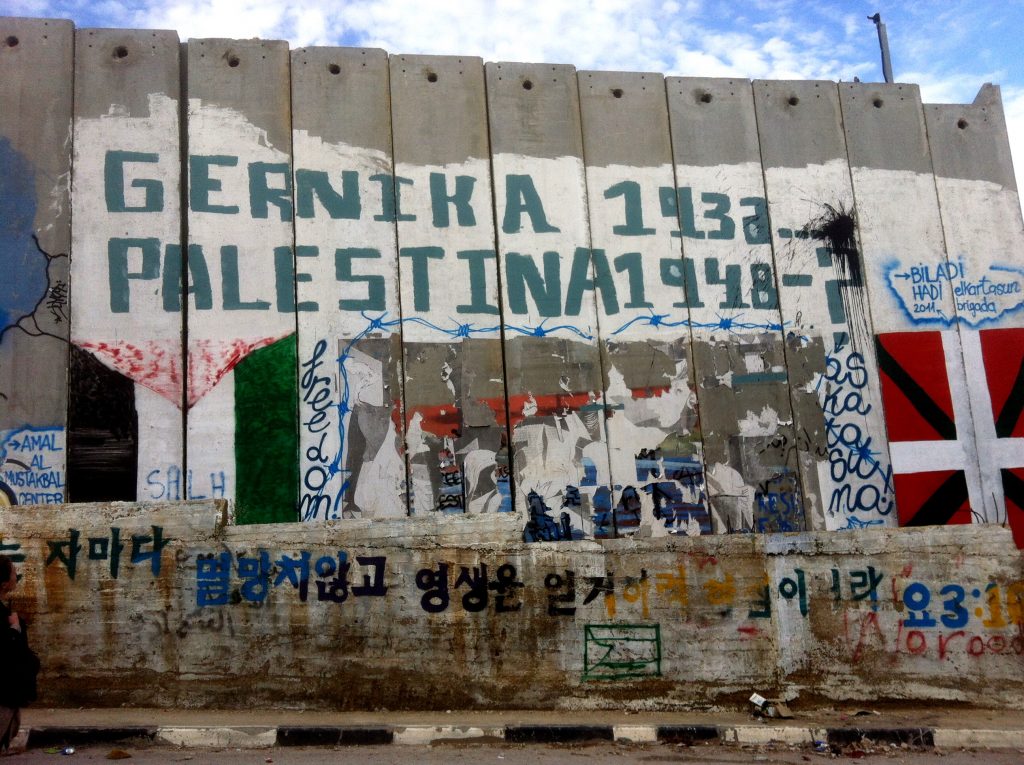
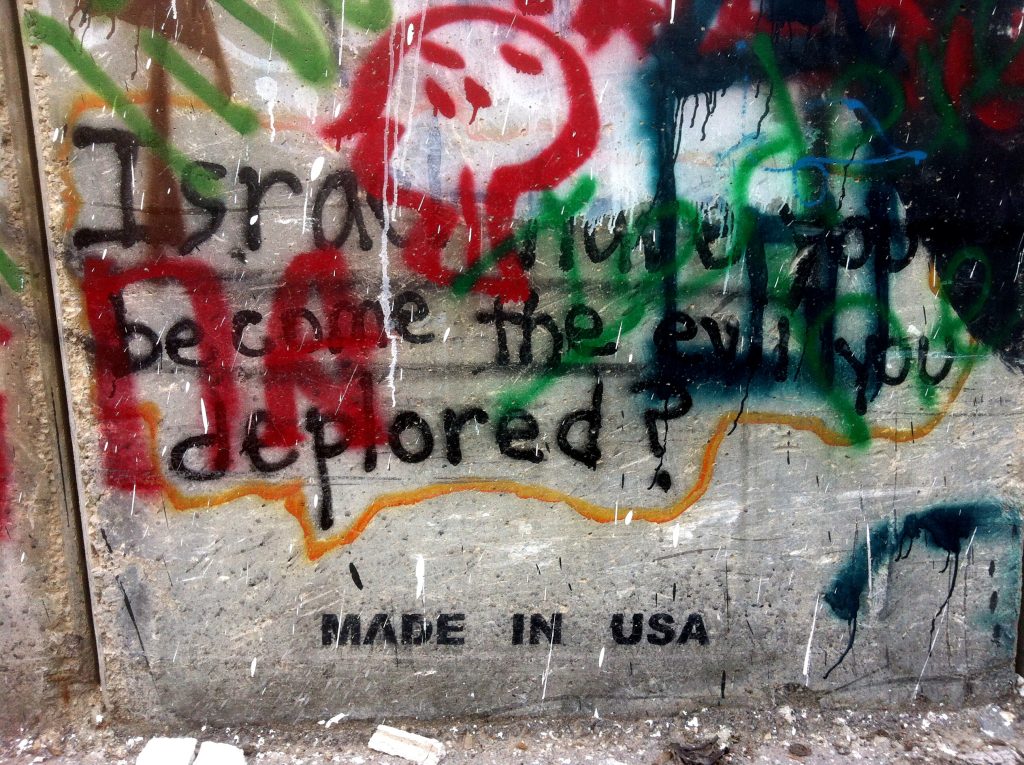


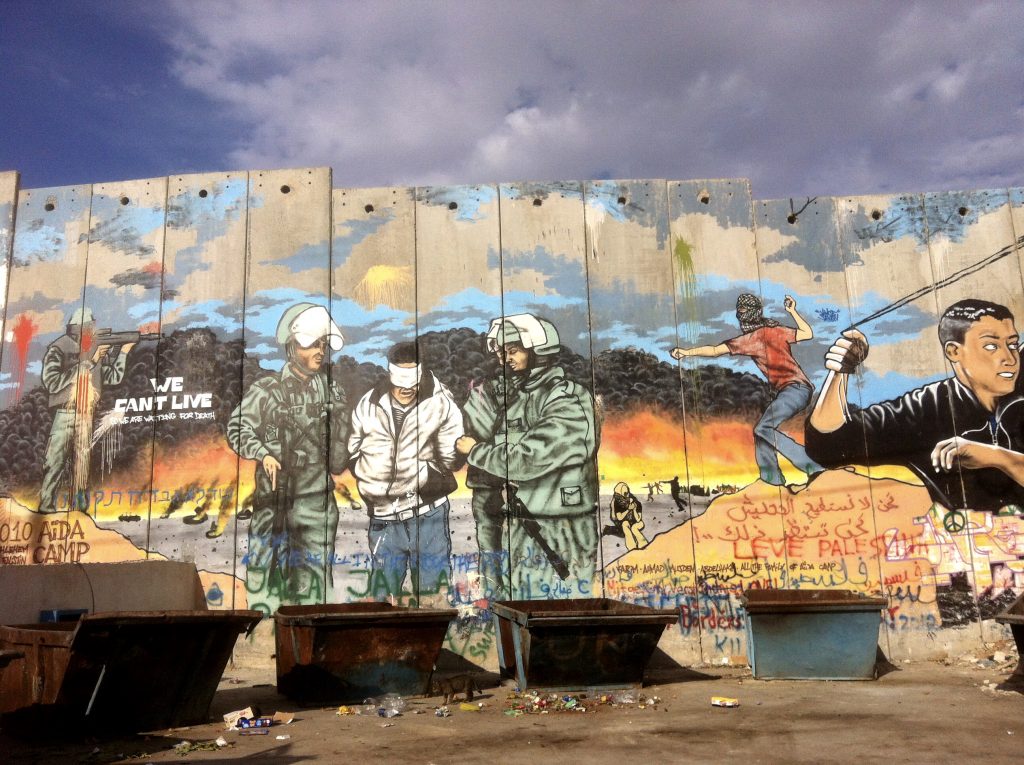
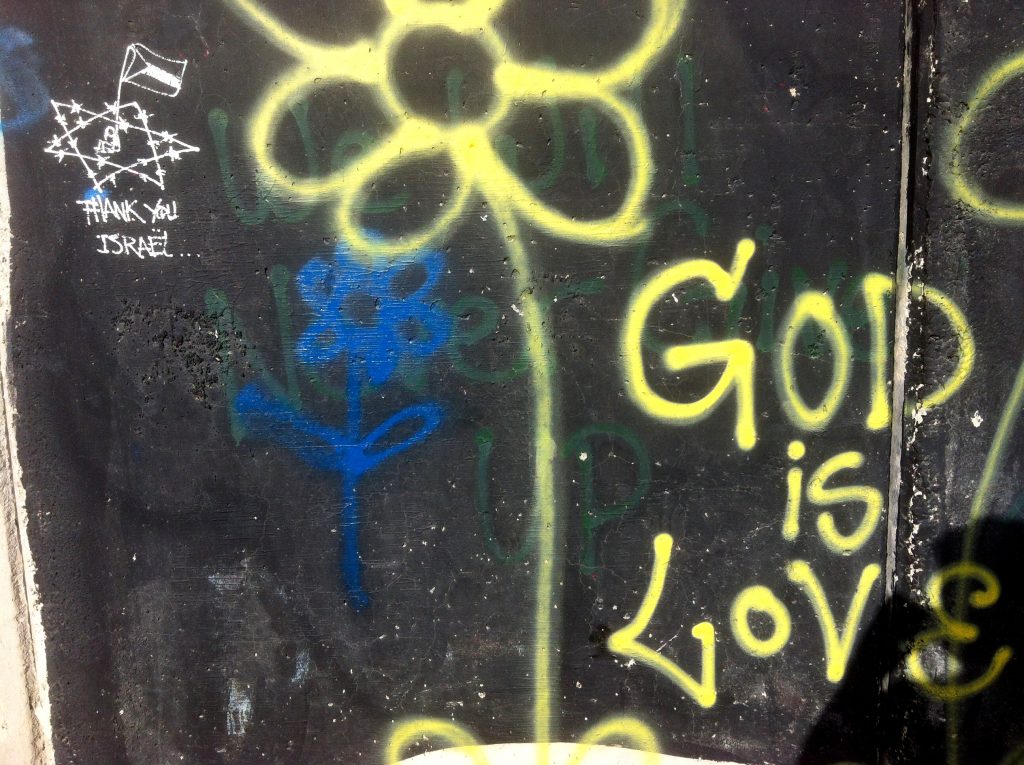


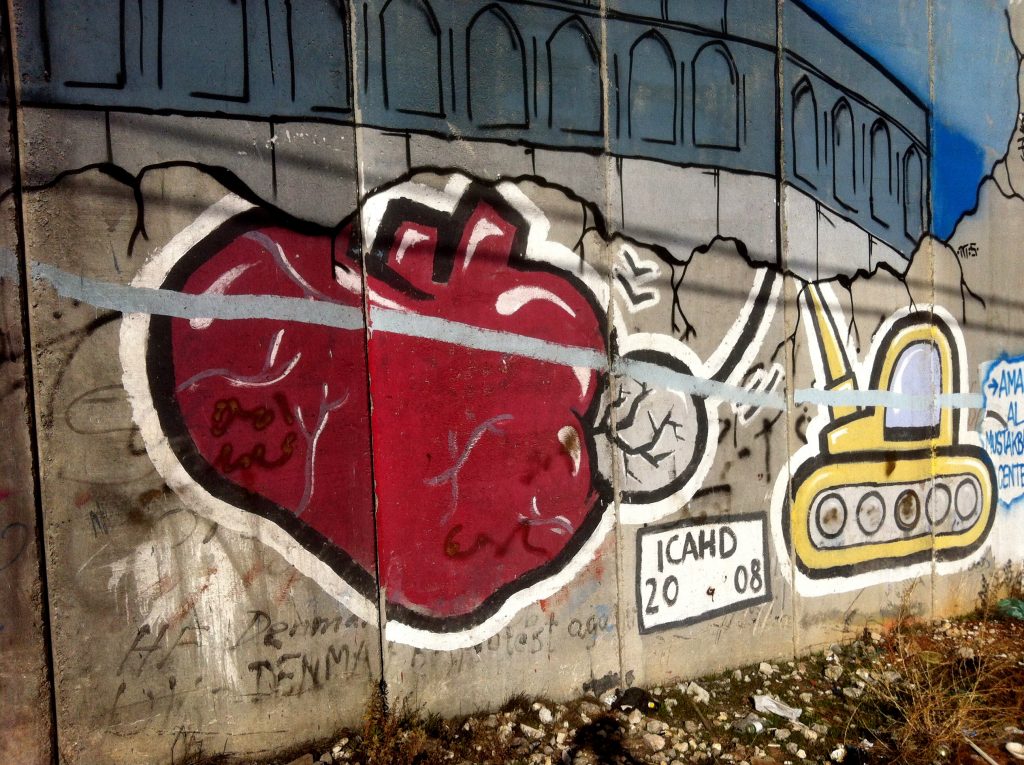
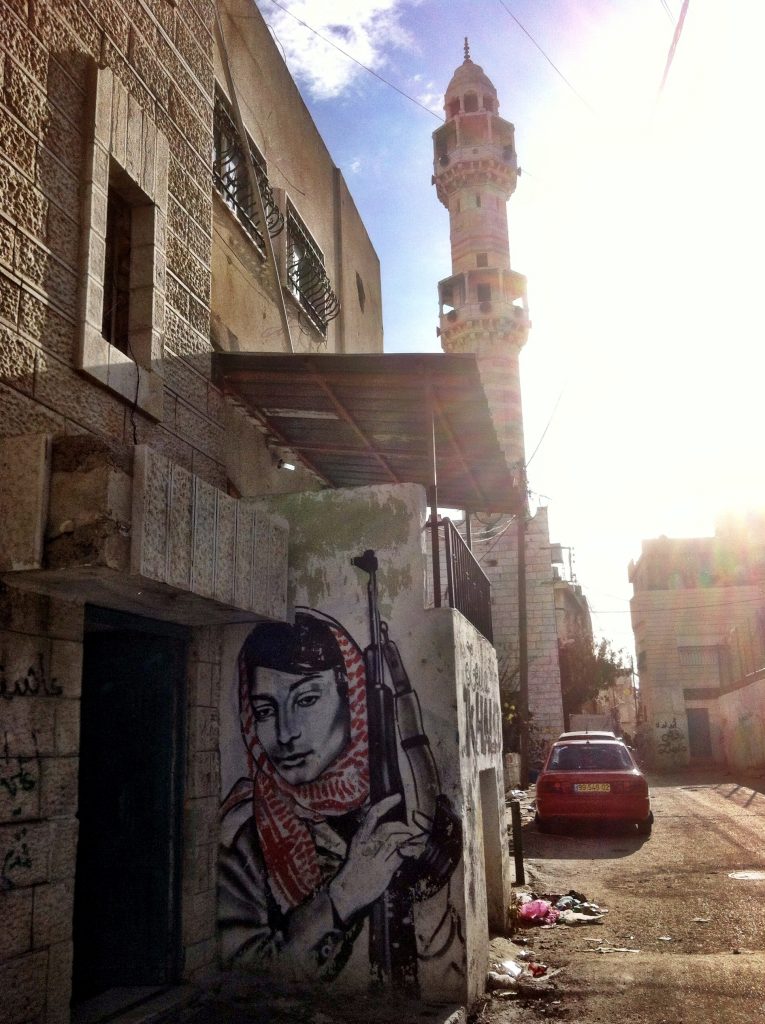
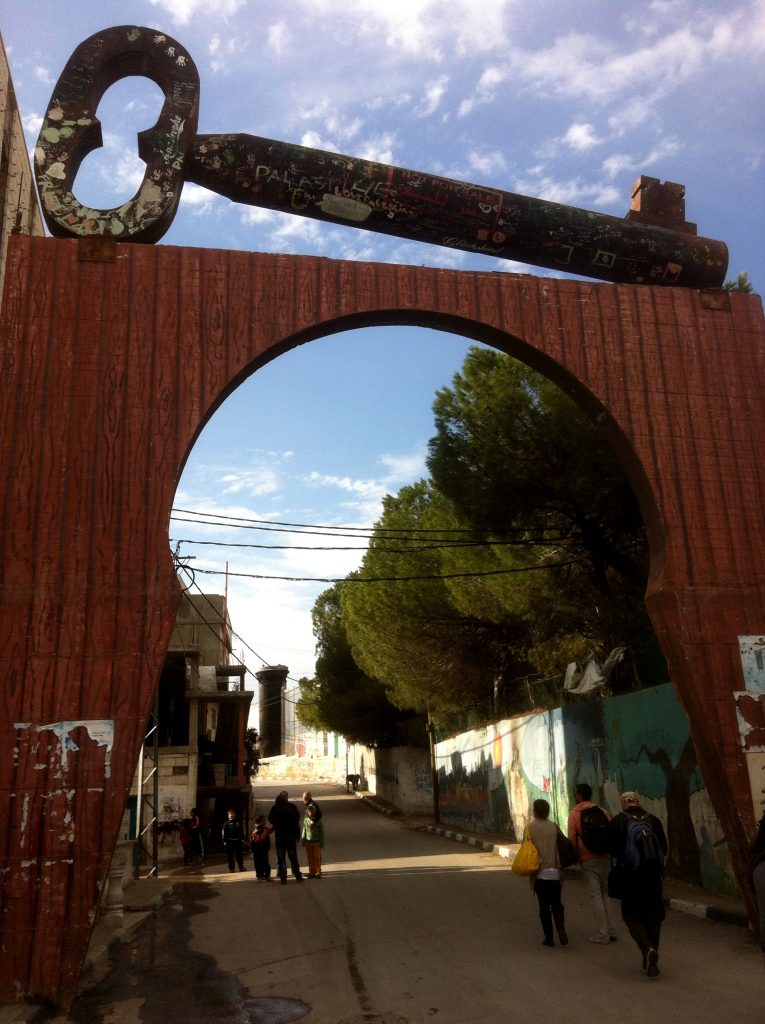

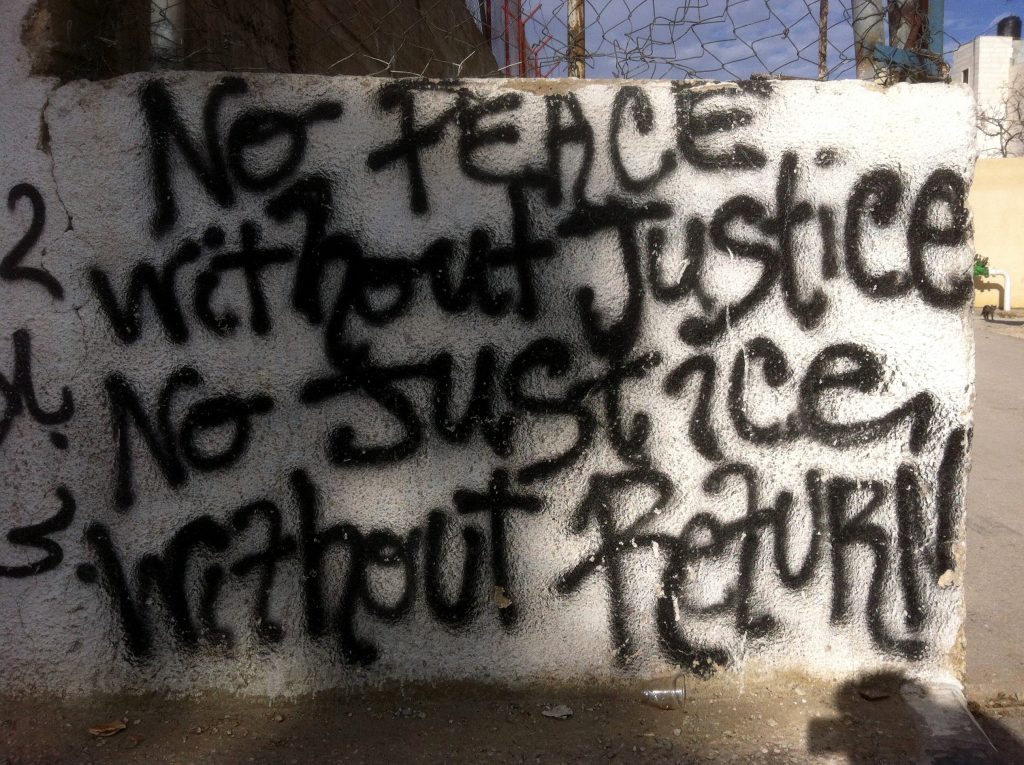
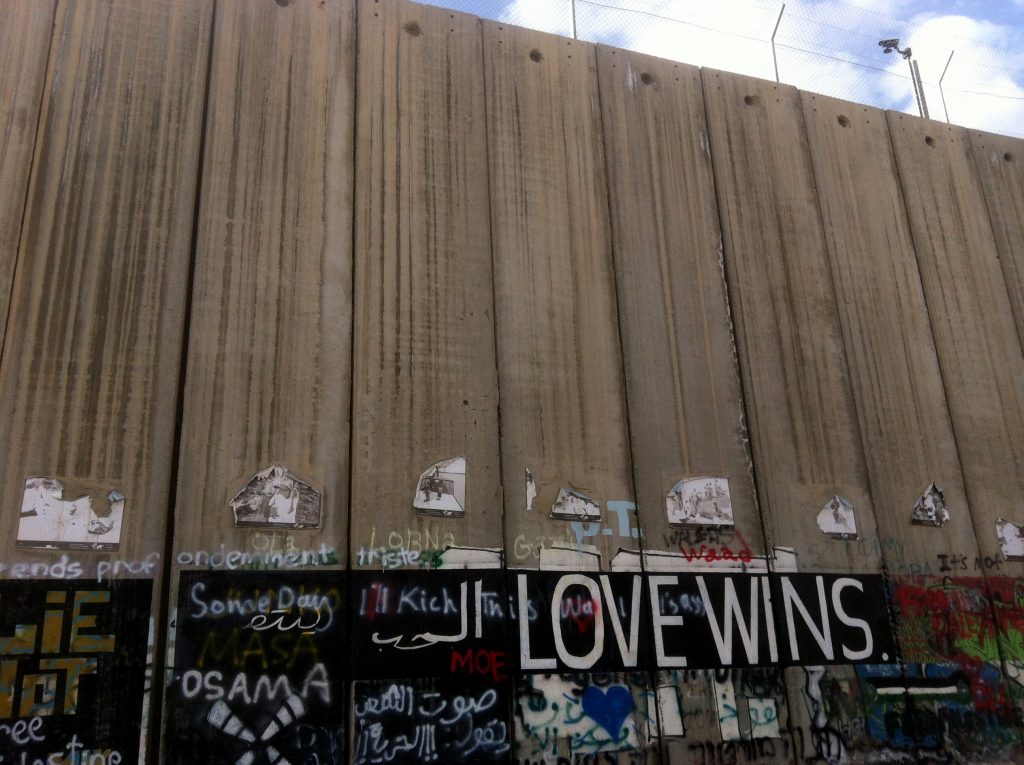
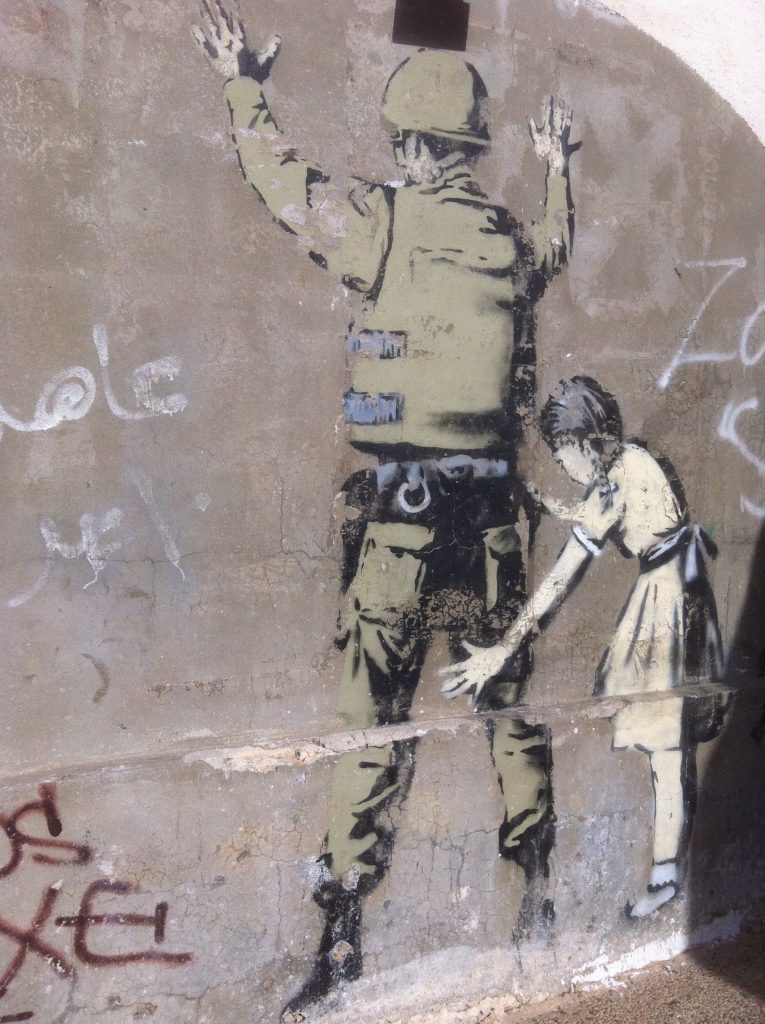



israel is obsessed with security. arguably understandably so, considering the history of terrorism against it. but i think sometimes things go a little overboard. take security at ben gurion airport. if you so much as look at a security agent wrong they’ll pull you aside for a deeply probing questioning session. one level of security exists entering the airport area, and another before entering the terminal building. most tourists don’t ever even know about most of it, as they are waved through. but you get it if you’re alone and/or if you have “questionable” stamps in your passport, and/or if you have darker skin. the next layer is a very thorough questioning before checking in. for me, these discussions almost always devolved into them asking me why i had been to so many muslim countries. almost every time it was something like: “why would you visit egypt when you could visit (insert european country) instead?” they would keep probing, basically making me explain why i think muslims are people like the rest of us. this stench of bigotry was so predictable that it made me dread having to go to the airport. and normally airports are my favorite place ever. after all this they’ll give you a sticker with a number between one and six, six being the highest security “risk.” israelis and families get ones and twos, while arabs and those traveling alone get a five or six. so i pretty much always got a six.
sometimes they’ll deem it necessary to take you to another room for a more intimate check. during one of my visits to this facility in the basement of the terminal, they had me strip to my underwear and took my documents and wallet to another room. then they probed between my naked legs with a cold metal detector. as if they couldn’t already tell that there wasn’t much there. and they made me pull open my undergarment for a peek at the ol genital region. security is fine, but at that point it became clear to me that this enterprise is about more than just security. it is about making people feel small and dehumanized. i’m pretty lucky i only went through that once; many who are traveling completely legally go through it every single time, and 99% of palestinians are never allowed to travel through ben-gurion airport at all. notably, israel often bars entry even to american citizens without cause other than their ethnicity. they have also been known to have travelers suspected of being activists chose between logging in to their email on government computers or be deported.
the next step of the security process used to be a detailed search through one’s baggage. in the last year they’ve moved that to behind the scenes due to numerous complaints about people’s personal effects being paraded around in the open and obvious racial profiling. then, after checking in there is another regular security check of your person. the rigor of this is determined by your “risk” number. everyone needs to be at the airport no less than three hours early for all this. security almost always took the vast majority of that time for me. but i’m not complaining – it only just helps a person realize what other people, namely palestinians, go through every single day. some will believe that all that security is justified, and that’s fine. but i stopped believing that when they made me strip.
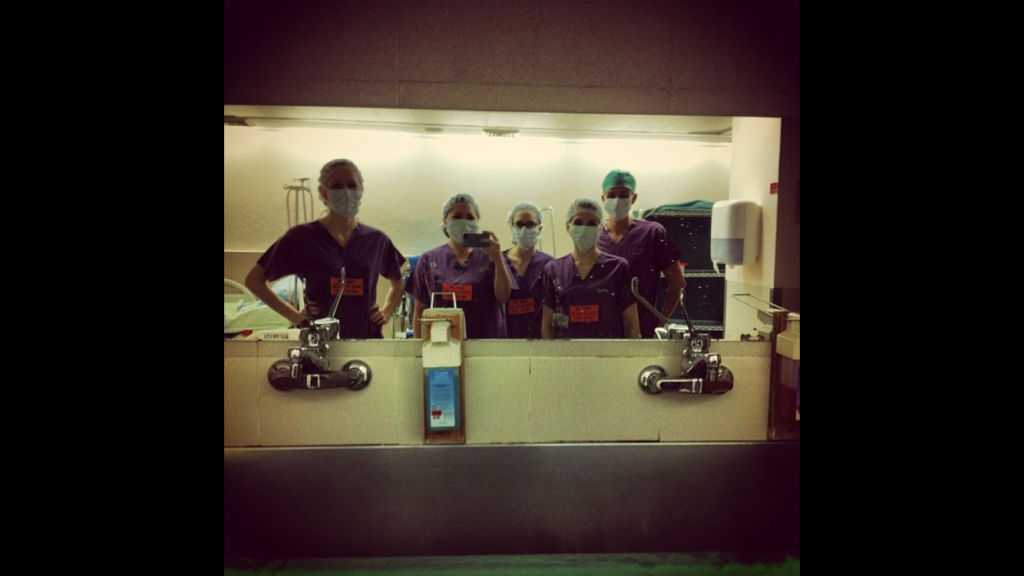
my last three selectives were radiology, otolaryngology and orthopedics, each for two weeks. interesting stuff, and quite relaxed schedule which is very nice!
i’ve also been able to do some things which were on my bucket list, like visit the israel museum in jerusalem which house the dead sea scrolls. beer sheva finally has its first ethiopian restaurant (there are many ethiopians here so it is surprising that it took this long for someone to open a restaurant). last weekend went to a hot spring spa called neve midbar in the negev desert south of beer sheva with some bros, as well as made one more trip to the taybeh brewery in the west bank, which i must say is one of my favorite locales in this part of the world, for what it represents. as glad as i am to be moving on, there are things about here that i’ll really miss.

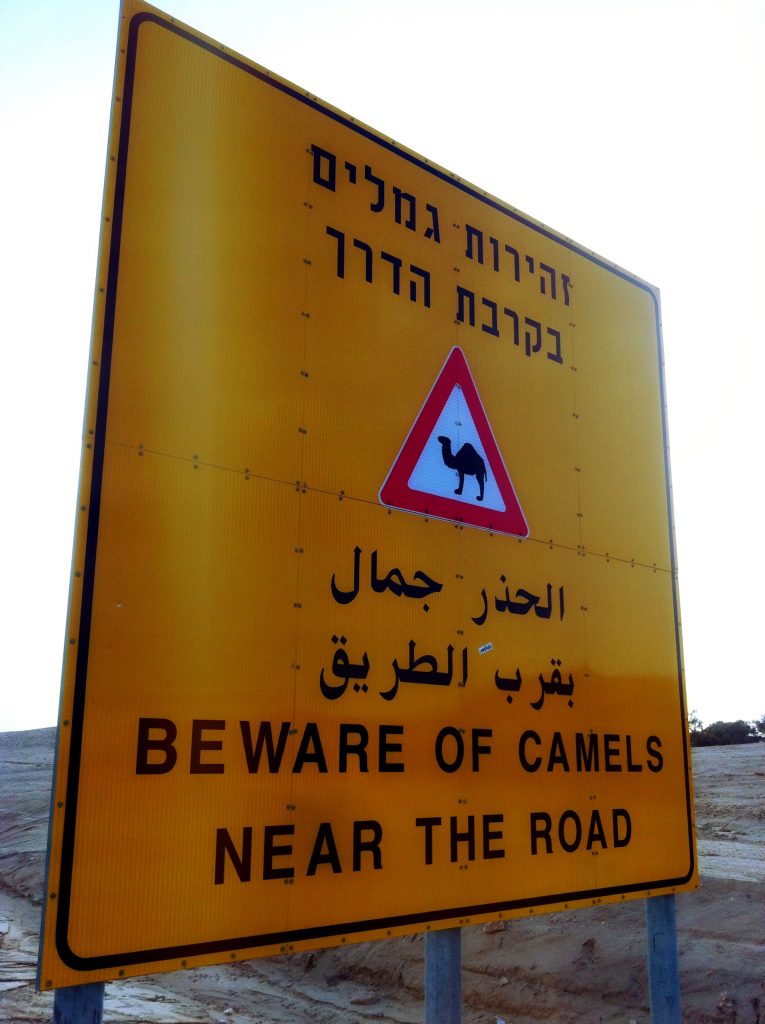
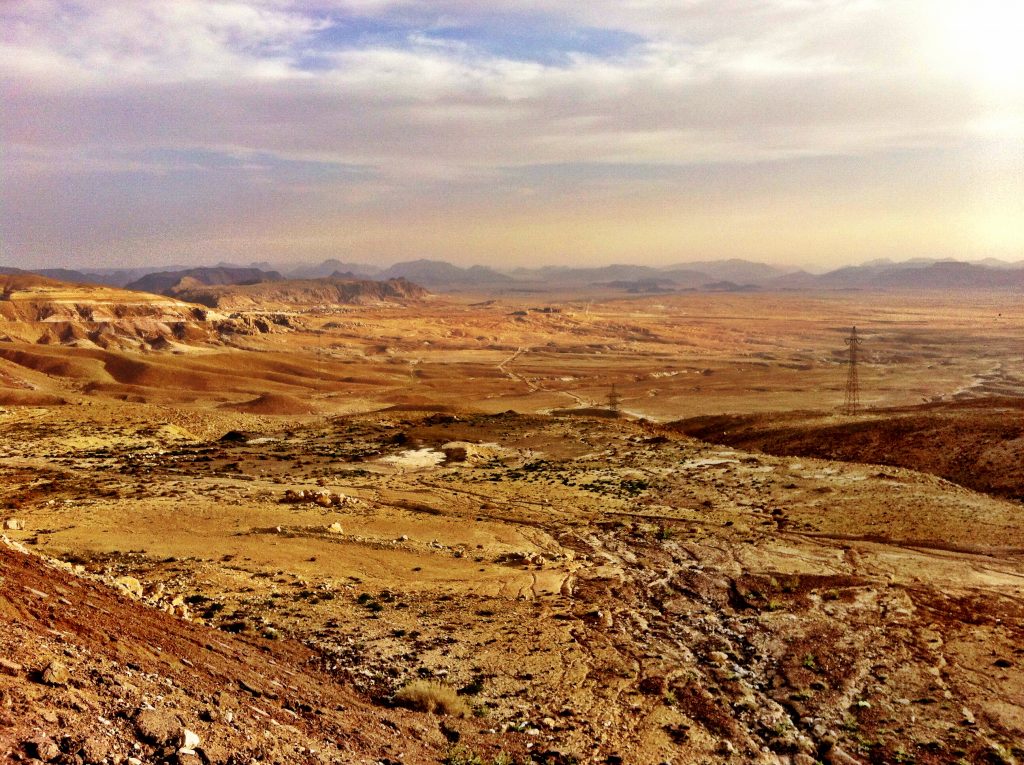
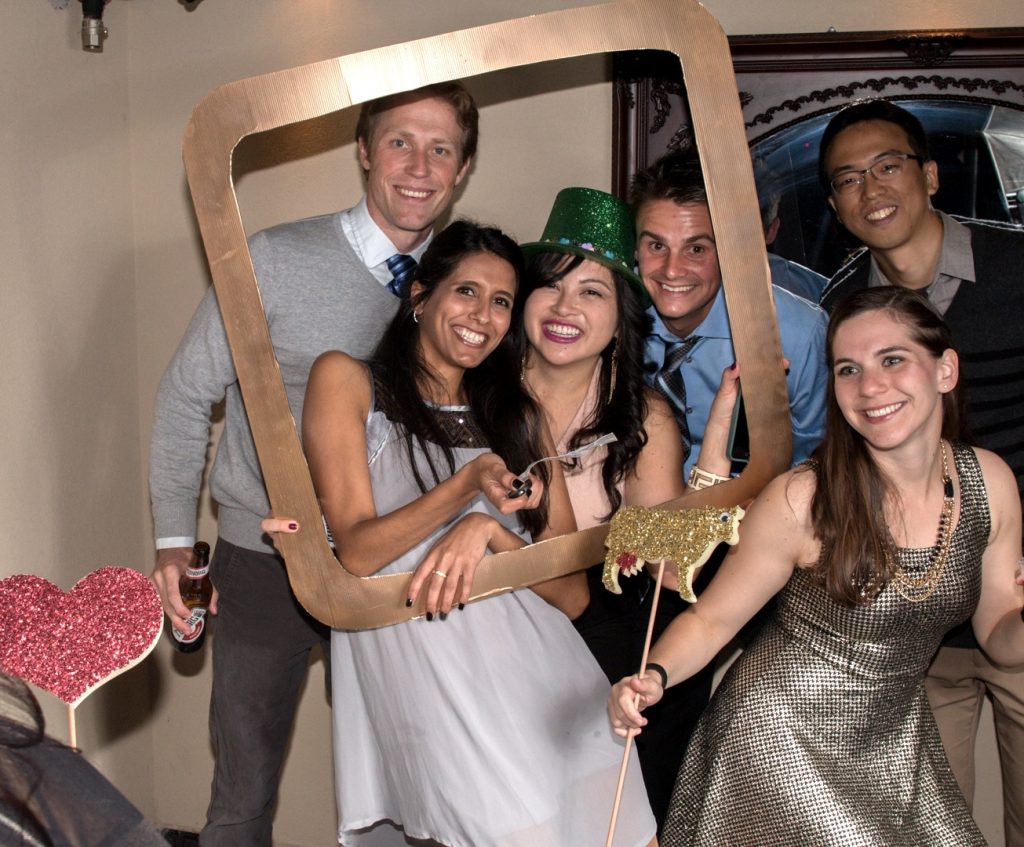
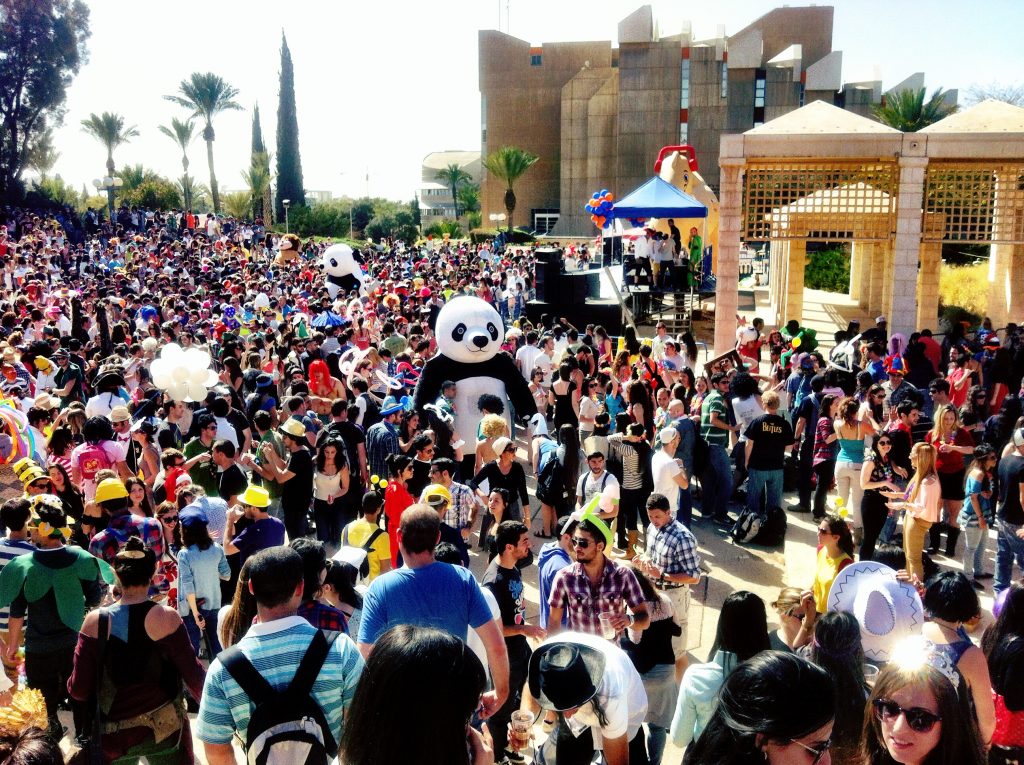

proselytizing for any religion other than judaism is illegal in israel.
while superficially the israeli government likes to cozy up to american christians, this probably has more to do with financial and political influence than anything else. many jewish israeli christians are harassed and intimidated on a regular basis. for example, it is not uncommon for local jewish christians to receive literature in the mail or over email explaining the perils of christianity. this makes it obvious that emails are screened, something only the government has the authority to do. at least a few times ultra-orthodox bouncer-types stood outside a bible study i was attending in a private home, and intimidated those coming and going with insults and sometimes even blocking their path. when asked, they said they were hired by the authorities to do so. i have friends who are messianic jews whose efforts to make aliyah (immigrate to israel – supposedly the “right” of any jew in the world) are being obfuscated directly due to the fact that they are christian. a few years ago the local church in beer sheva was ransacked by a mob of well-connected ultra-orthodox men, who were never held accountable for their crimes.
about 300 000 of the 1 000 000 ethnic jews who immigrated from the former soviet union are considered jewish enough to be israeli, but not jewish enough to be considered jewish by israel’s chief rabbinate. thus, many must leave the country to get married, etc. for many of these, it would seem to be because they are christians. in any case, what kind of misguided system lets rabbis decide what citizen’s rights are based on arbitrary religious definitions? i’m not saying it doesn’t happen and isn’t even worse elsewhere in the middle east; i’m saying it happens in israel.
and this is just relating to ethnic jews, citizens of israel. the challenges faced by israeli arabs, both christian and muslim, are myriad, and don’t even begin to compare to those faced by palestinians living under marshal law in the occupied territories. that every single jew can travel freely through checkpoints in bethlehem while local christians and muslims cannot is religious apartheid as far as i’m concerned. while it is true that it is technically about citizenship rather than religion, when any jew in the world can easily become an israeli citizen regardless of where they are from, but people whose families have lived in palestine/now israel for hundreds of years are barred from becoming israeli citizens except through birth, it is fundamentally about religion. there are books detailing the flight of christians from the holy land, and it is due to israeli policy, not islamization of the west bank, despite israeli efforts to frame it as the latter. and then there are the injustices faced by muslims because of their faith. even myself, a white american christian, am consistently asked by bigoted security guards at the airport why i would travel to muslim countries, why i am not scared to go to muslim countries, if i know any muslims etc. there is just an overwhelming undertone of racism and religious hatred toward muslims that sadly permeates much of israeli society, including its governmental institutions, and it is unequivocally wrong. one could go on and on with examples but suffice it to say – israel is a decidedly jewish state –the assertion that it is a bastion of religious freedom is not correct.
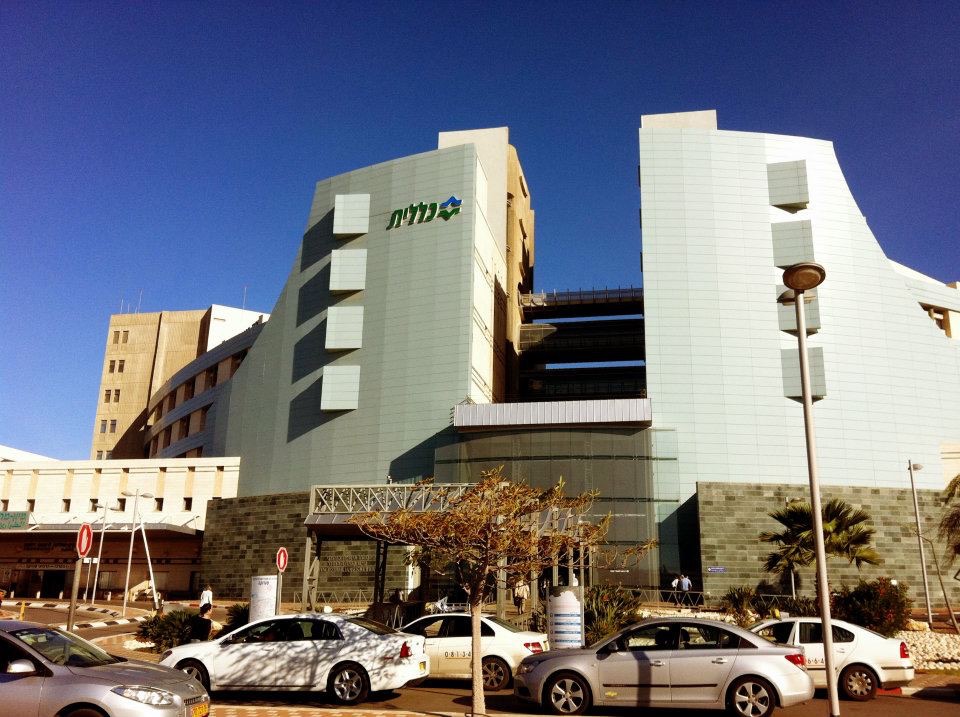
israel has an excellent socialized healthcare system for its citizens, arguably one of the best in the world. early zionism was very idealistic and socialist, and quality and universal healthcare has always been a central theme. the current system uses an interesting model – it is single payer (the government), but there is an element of competition as well. there are three not-for-profit “sick funds” which receive a set monetary amount from the government for each citizen who is insured with them. the government requires that these funds provide a “basket” of medical services and treatments for their enlistees. for the most part, the basket includes what would be considered the standard of care in the western world. it generally does not include things such as procedures or treatments for aesthetic reasons or overpriced or experimental new drugs. typically only the generic version of a drug is covered as part of the basket if it is available. generous allotments for services like physiotherapy are also included in the basket. the lump sum payment to the sick funds for each patient, termed “capitation,” provides incentive for the fund to invest in preventative measures for its patients, as if they can keep them out of the hospital or prevent them from becoming sick in the first place then significant money can be saved. each fund receives money for their patients according to the same formula (age, gender, medical conditions, disability, area of the country in which they live, etc). in addition to the required basket of services and drugs, the funds can provide additional services as well to attract more patients/customers. citizens can choose their sick fund and can switch between funds at any time without penalty, and the funds cannot refuse to insure a patient. the funds are also the operators of the hospitals and clinics, which technically keeps the government out of the business of healthcare though there is obviously close collaboration.
though required healthcare is free for the citizenry, targeted fees are permitted that aim to reduce inefficiencies. for example, due to the universal problem of overuse of emergency rooms for minor issues, a fee was introduced for emergency visits that are not either first referred by a primary care physician or do not result in a hospital admission. likewise, a large levy exists for those who call an ambulance but are not subsequently admitted to the hospital. these efforts of course sometimes result in further inefficiencies, such as people feeling the need to first contact their primary care physician when they should probably just go straight to the emergency department, or doctors admitting patients when they medically don’t need it to help them avoid the fees. overall though it is a very fair balance that allows everyone to get the healthcare they need without having to go bankrupt to do so, and attempting to limit unnecessary overuse of the system.
of course, socialized care has its limitations. while it is excellent for the poor, the rich do not appreciate waiting in line, getting a generic drug rather than the brand name one, or not being able to hand-pick their surgeon. thus, over the last few decades a robust private healthcare system has developed in parallel with the public one. the merits and drawbacks of these two-tiers are beyond the scope of this blog post, but private healthcare has become a major sector of the israeli economy and a very contentious issue for all involved.
prioritization of the family is a major focus. things like maternity leave and government transfer of money to parents is a priority, as it is a strategic goal of the government to keep the birthrate high. so much so that invitro fertilization for all israeli citizens is free, at tremendous cost to the state.
emergency medicine and disaster response are huge in israel. due to everyone spending required time in the military, most people have some training in responding to emergencies, and many have firsthand experience from wars they have fought in. israel also sends medical teams to major worldwide disasters, either privately or as a military delegation, and are world leaders in this regard.
it must be noted that healthcare benefits extend only to israeli citizens – not to asylum seekers living in israel or to palestinians, except official east jerusalem residents. still sounds pretty good though, right? israel has its huge problems, but overall i’d say healthcare is one of its gleaming achievements.
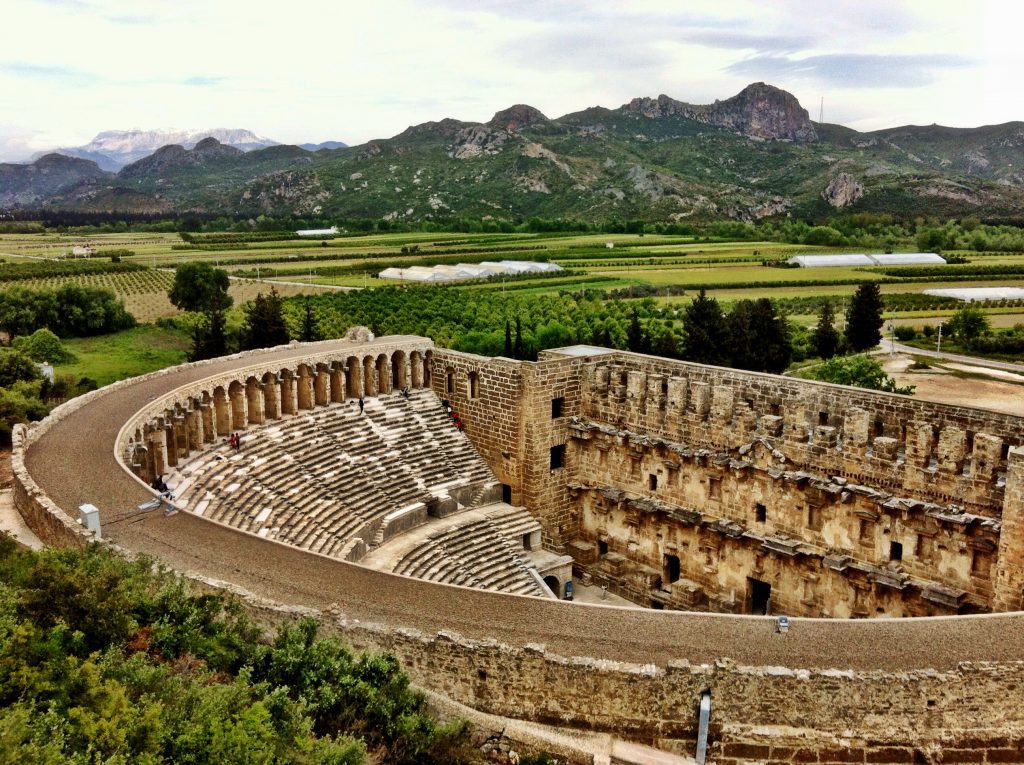
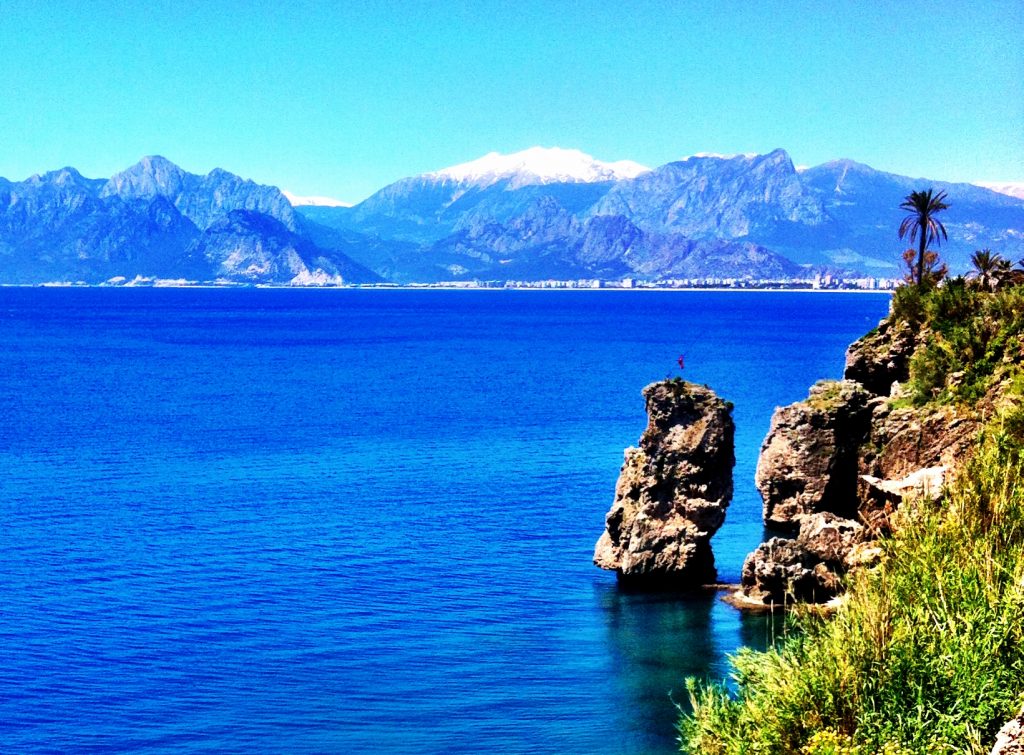
i had a four day weekend – the last of my medical school career, so found a super cheap flight to turkey! on the flight was my friend sakal and his wife and five kids, who i hung out with the first day. antalya is the largest city on turkey’s mediterranean riviera. it is a major holiday destination for package tourists from europe and from within turkey. most of them stay in luxurious five star resorts that line the coastline. i stayed in a nice little hotel close to the old city that only cost $25/night and included an amazing turkish buffet breakfast! turkey is arguably the best place in the world for breakfast, which includes bread, many types of spreads, numerous cheeses, eggs, cucumber, tomato, olives, pickles, fruit and tea. the old city of antalya is very picturesque, and there were no less than five huge new shopping malls spread about the city. turkey is really modern and cheap and amazing. antalya is flanked by snow-covered mountains that are quite impressive when juxtaposed with the azure mediterranean sea. one day i rented a motorcycle and set out 40 km along the coastal freeway to see aspendos, the best-preserved roman amphitheater in the world! i also drove to karian cave, within which is the most ancient evidence of civilization in anatolia.
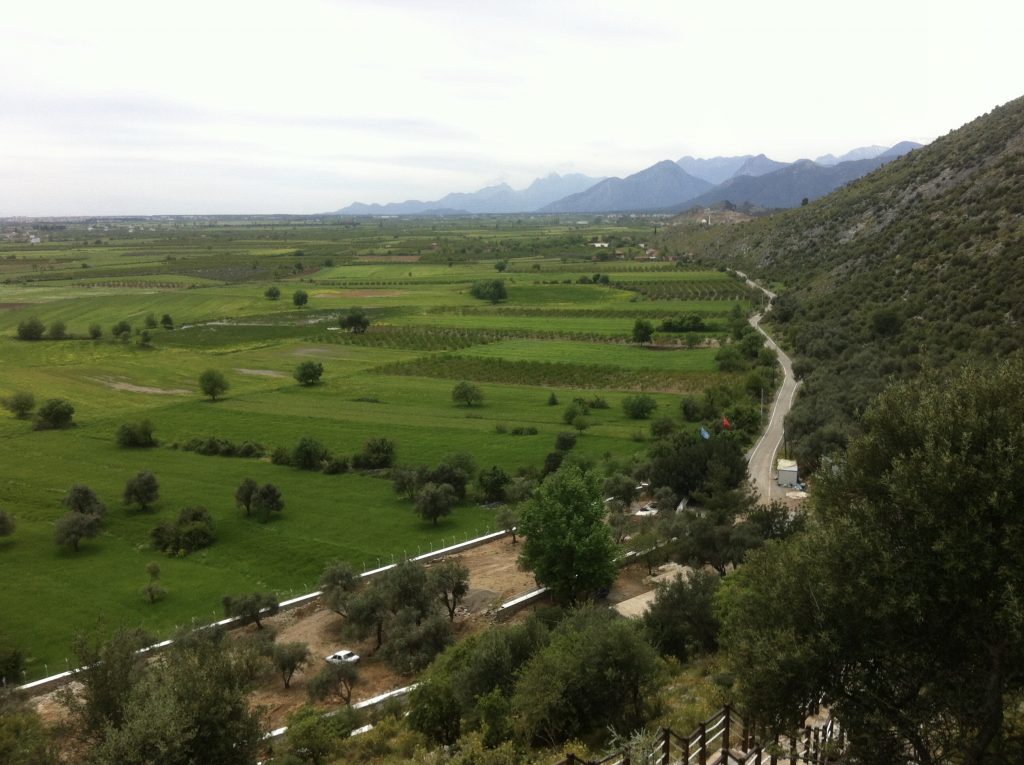
beyond driving the motorcycle the best part of the weekend was going to a hammam (turkish sauna). there are many of these in turkey which are in ancient buildings and cater to tourists. i went to one out in the suburbs which was in a new building, and catered to locals. you get naked, and then enter a large domed room where you pour hot water over yourself while leisurely lounging on a large central platform. then, you get a big, hairy turkish guy to give you a “peel.” this involves him wearing a glove made of steel wool and aggressively rubbing every aspect of your body with it to remove all dead skin. he slaps you on the ass when its time to turn over. you can also get a rigorous massage but i was too cheap. then you continue lounging around in a steam room infused with eucalyptus, a sauna, and an ice-cold jacuzzi. this was a very nice, luxurious hammam, but every town in turkey has some variation. a must do!
